
9372261584@Master Of Surgery (MS) Ophthalmology : Direct Admission, Medical Colleges, Eligibility Criteria, Fees Structure, Syllabus Details
MS Opthalmology or Master of Surgery in Opthalmology also known as MS in Opthalmology is a Postgraduate level course for doctors in India that is done by them after completion of their MBBS. The duration of this postgraduate course is 3 years, and it focuses on the study of various concepts related to the diagnosis, treatment, and management of eye disorders. Ophthalmologists provide both medical and surgical eye care to patients.
The course is a full-time course pursued at various recognized medical colleges across the country. Some of the top medical colleges offering this course include ACSR Government Medical College (Nellore), Government Medical College (Ananthapuram), GITAM Institute of Medical Sciences and Research (Visakhapatnam), and more.
Admission to this course is done through the NEET PG Entrance exam conducted by the National Board of Examinations, followed by counseling based on the scores of the exam that is conducted by DGHS/MCC/State Authorities.
The fee for pursuing an MS in Opthalmology varies from college to college. The average course fee is Rs 3000 to Rs. 75 Lakh per annum.
After completion of their respective course, doctors can either join the job market or pursue a super-specialization course where MS Opthalmology is a feeder qualification. Candidates can take reputed jobs as Senior residents, Junior Consultants, etc. with an approximate salary range of Rs 2 Lakh to 30 Lakh per annum.
What is MS in Opthalmology?
Master of Surgery in Opthalmology, also known as MS (Opthalmology) is a three-year postgraduate program that candidates can pursue after completing MBBS.
Ophthalmology is the branch of medical science dealing with various concepts related to the diagnosis, treatment, and management of eye disorders.
National Medical Commission (NMC), the apex medical regulator, has released Guidelines for a Competency-Based Postgraduate Training Programme for MS in Opthalmology.
The Competency-Based Postgraduate Training Programme governs the education and training of MS in Opthalmology.
PG education intends to create specialists who can contribute to high-quality health care and advances in science through research and training.
The required training done by a postgraduate specialist in the field of Opthalmology would help the specialist recognize the community's health needs. The student should be competent to handle medical problems effectively and should be aware of the recent advances in their specialty.
The candidate should be a highly competent doctor possessing a broad range of skills that will enable her/him to practice Opthalmology independently. The PG candidate should also acquire the basic skills in teaching medical/para-medical students.
The candidate is also expected to know the principles of research methodology and modes of the consulting library. The candidate should regularly attend conferences, workshops, and CMEs to upgrade her/ his knowledge.
Course Highlights
Here are some of the course highlights of MS in Opthalmology:
|
Name of Course |
|
|
Level |
Postgraduate |
|
Duration of Course |
Three years |
|
Course Mode |
Full Time |
|
Minimum Academic Requirement |
MBBS degree obtained from any college/university recognized by the Medical Council of India |
|
Admission Process / Entrance Process / Entrance Modalities |
Entrance Exam (NEET PG) INI CET for various AIIMS, PGIMER Chandigarh, JIPMER Puducherry, NIMHANS Bengaluru Counseling by DGHS/MCC/State Authorities |
|
Course Fees |
Rs 3000 to Rs. 75 lakhs per annum. |
|
Average Salary |
Rs 2 Lakh to 30 Lakh per annum |
Eligibility Criteria
The eligibility criteria for MS in Opthalmology are defined as the set of rules or minimum prerequisites that aspirants must meet to be eligible for admission, which include:
1. Candidates must have an undergraduate MBBS degree from any college/university recognized by the Medical Council of India (MCI).
2. Candidates should have done a compulsory rotating internship of one year in a teaching institution or other institution which is recognized by the Medical Council of India (MCI).
3. The candidate must have obtained permanent registration of any State Medical Council to be eligible for admission.
4. The medical college's recognition cut-off dates for the MBBS Degree courses and compulsory rotatory Internship shall be as prescribed by the Medical Council of India (now NMC).
Admission Process
The admission process contains a few steps to be followed in order by the candidates for admission to MS in Opthalmology. Candidates can view the complete admission process for MS in Opthalmology mentioned below:
1. The NEET PG or National Eligibility Entrance Test for Post Graduate is a national-level master's level examination conducted by the NBE for admission to MS/MS/PG Diploma Courses.
2. The requirement of eligibility criteria for participation in counseling towards PG seat allotment conducted by the concerned counseling authority shall be instead of the Post Graduate Medical Education Regulations (as per the latest amendment) notified by the MCI (now NMC) with prior approval of MoHFW.
|
S.No. |
Category |
|
1. |
General |
|
2. |
SC/ST/OBC (Including PWD of SC/ST/OBC) |
|
3. |
UR PWD |
3. The following Medical institutions are not covered under centralized admissions for MS/MS seats through NEET- PG:
1. AIIMS, New Delhi, and other AIIMS
2. PGIMER, Chandigarh
3. JIPMER, Puducherry
4. NIMHANS, Bengaluru
Fees Structure
The fee structure for MS in Opthalmology varies from college to college. The fee is generally less for Government Institutes and more for private institutes. The average fee structure for MS in Opthalmology is Rs 3000 to Rs. 5 lakhs per annum.
Colleges offering MS in Opthalmology
There are various medical colleges across India that offer courses for pursuing MS (Opthalmology).
As per National Medical Commission (NMC) website, the following medical colleges are offering MS (Opthalmology) courses for the academic year 2024-25.



.png)
.png)
.png)
.png)
.png)
.png)
.png)
.png)
.png)
.png)
.png)
.png)
.png)
.png)
.png)
.png)
.png)
.png)
.png)
.png)
.png)
.png)
.png)
.png)
.png)
.png)
.png)
.png)
.png)
.png)
.png)
.png)
.png)
.png)
.png)
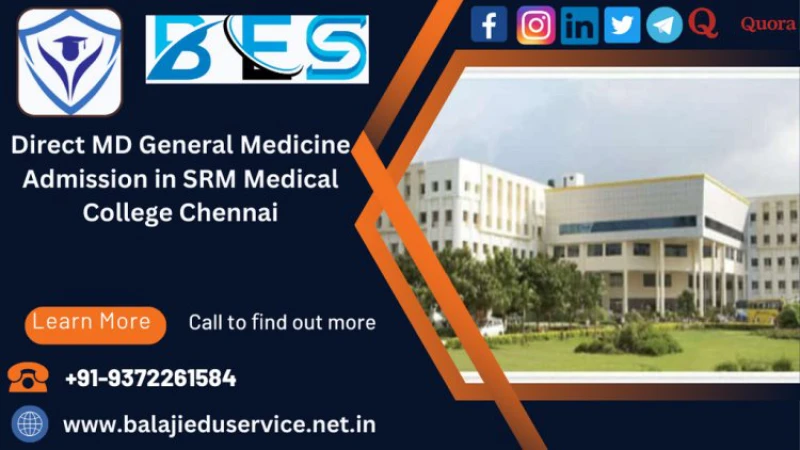
.png)
.png)
.png)
.png)
.png)
.png)
.png)
.png)
.png)
.png)
.png)
.png)
.png)
.png)
.png)
.png)
.png)
.png)
.png)
.png)
.png)
.png)
.png)
.png)
.png)
.png)
.png)
.png)
.png)
.png)
.png)
.png)
.png)
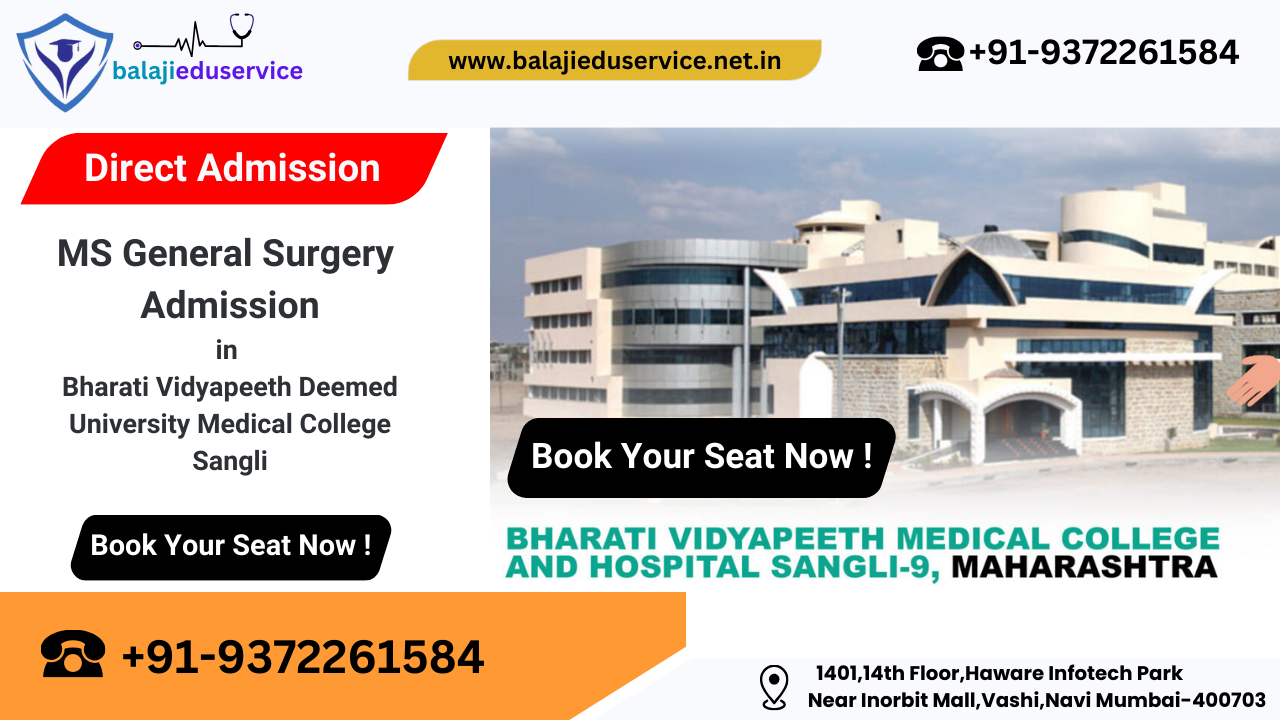
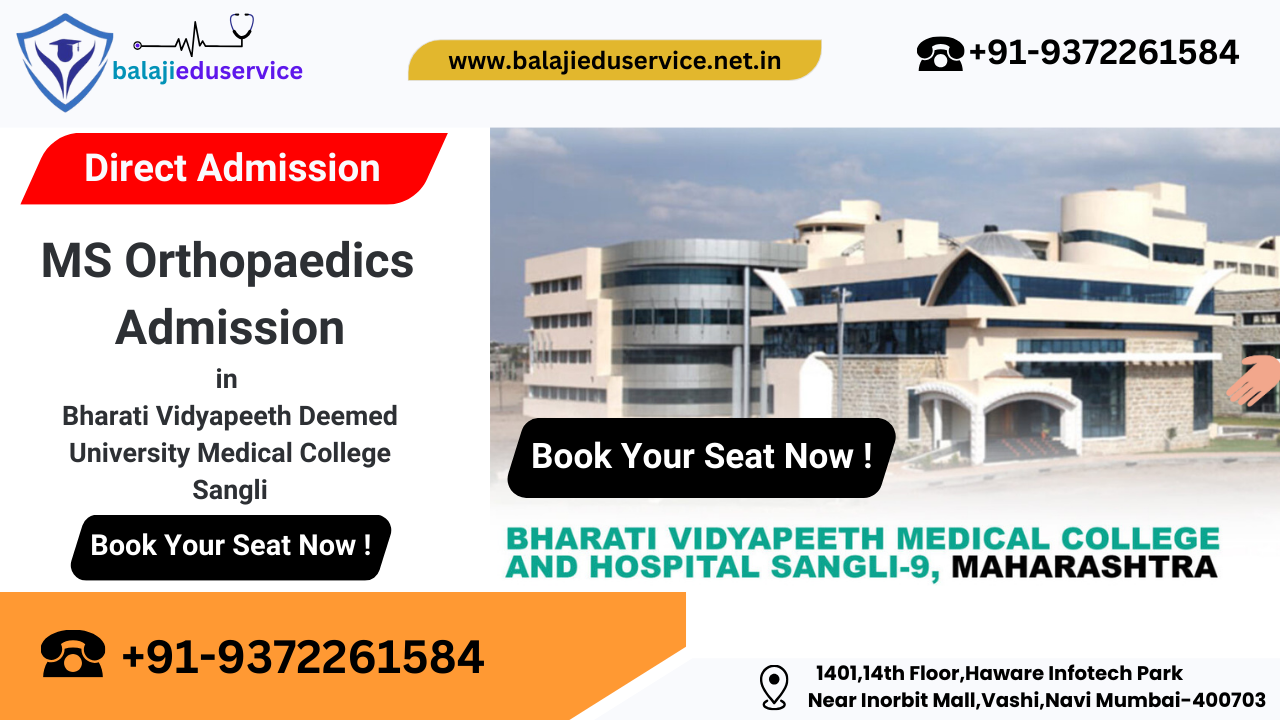

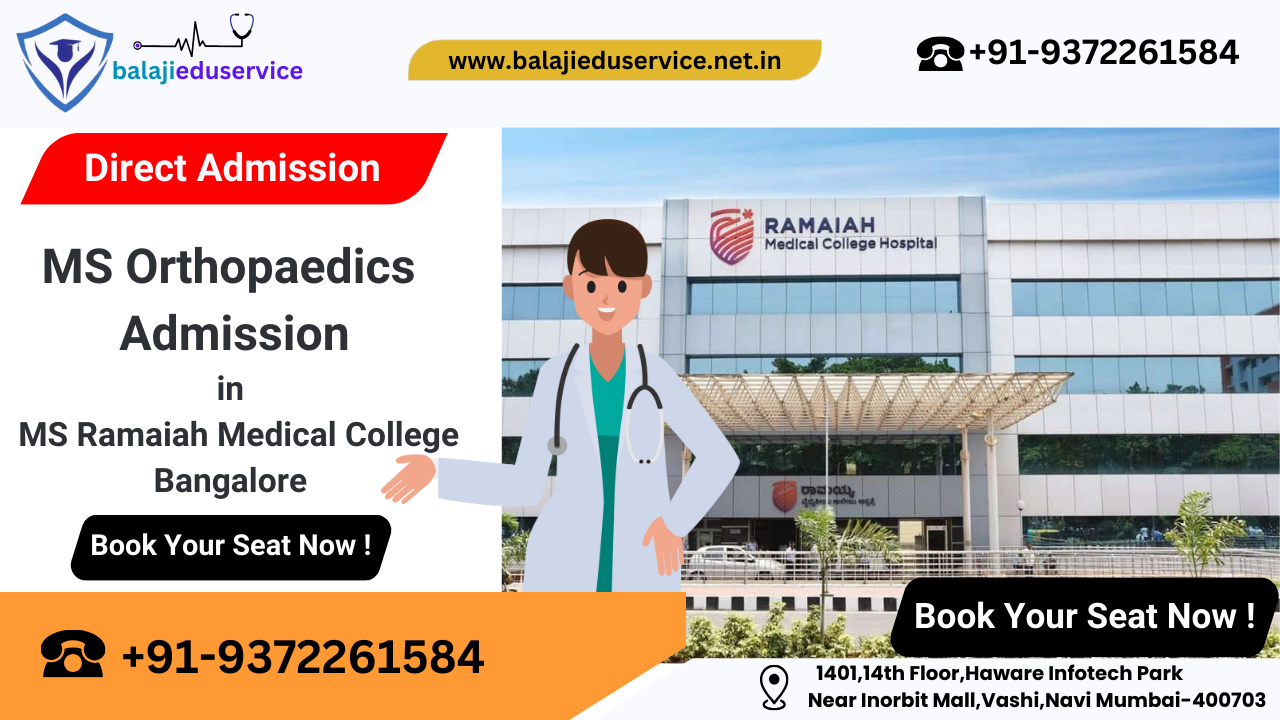
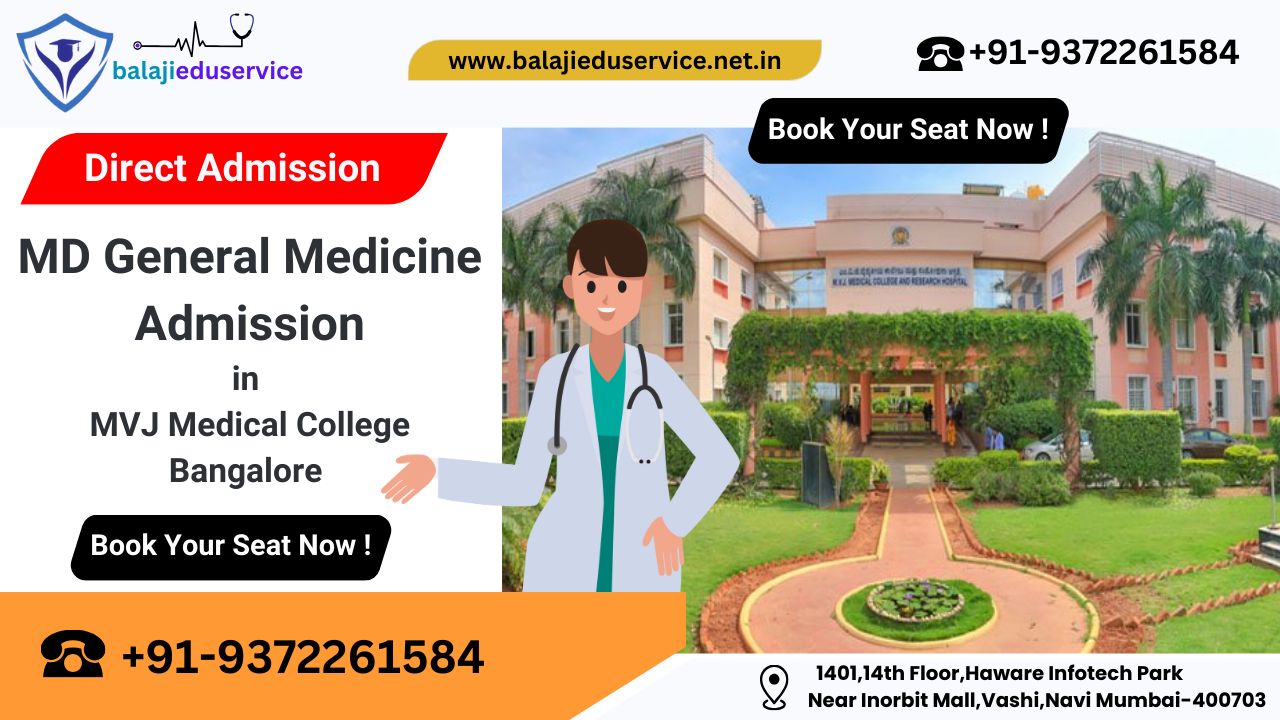



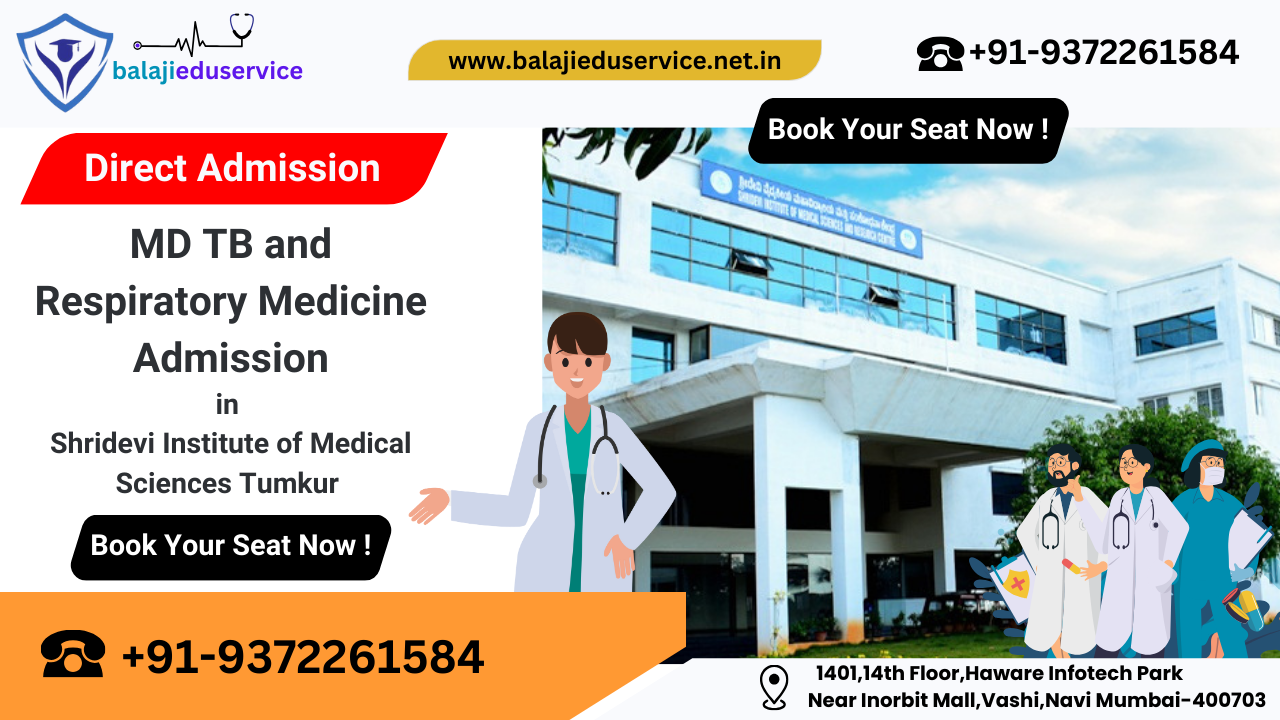

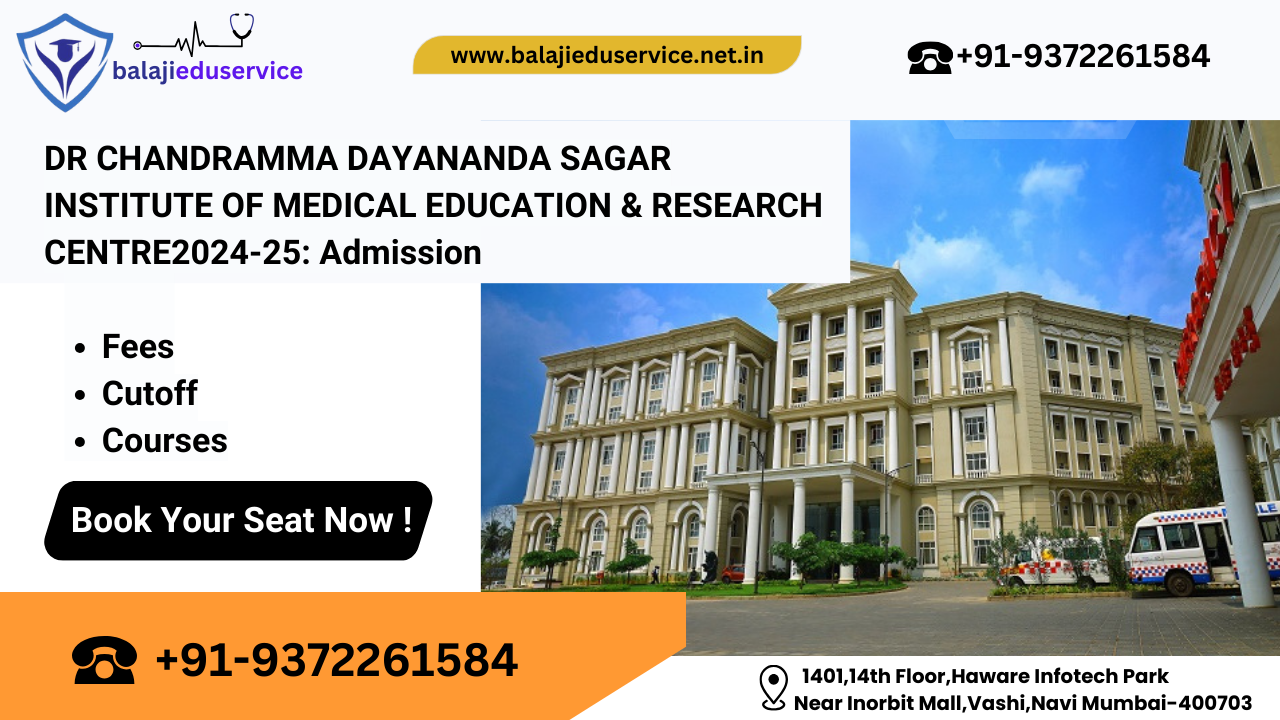
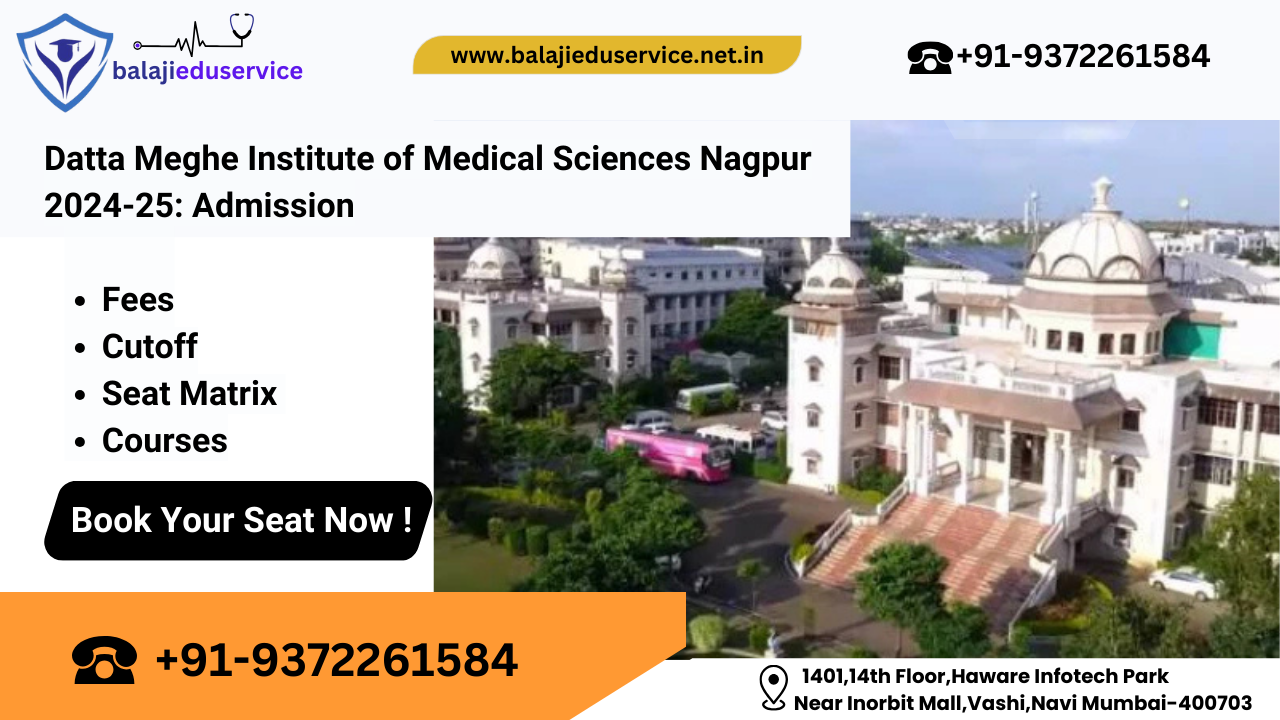
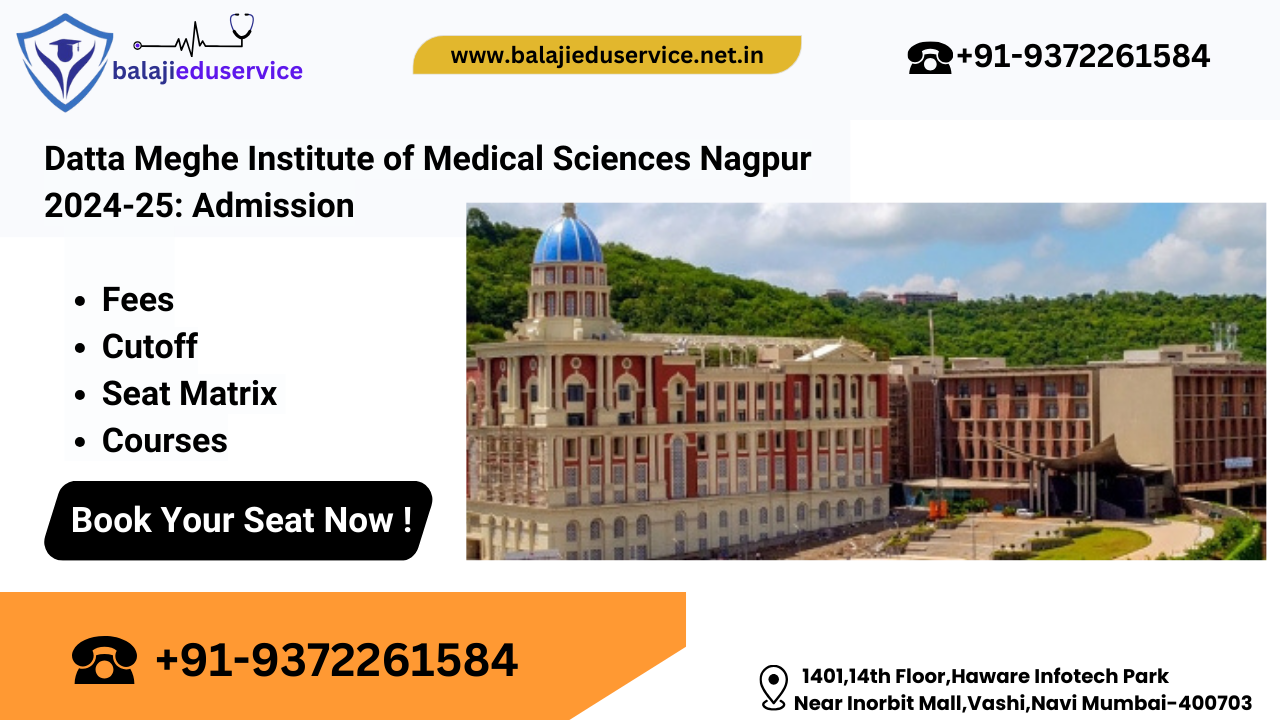
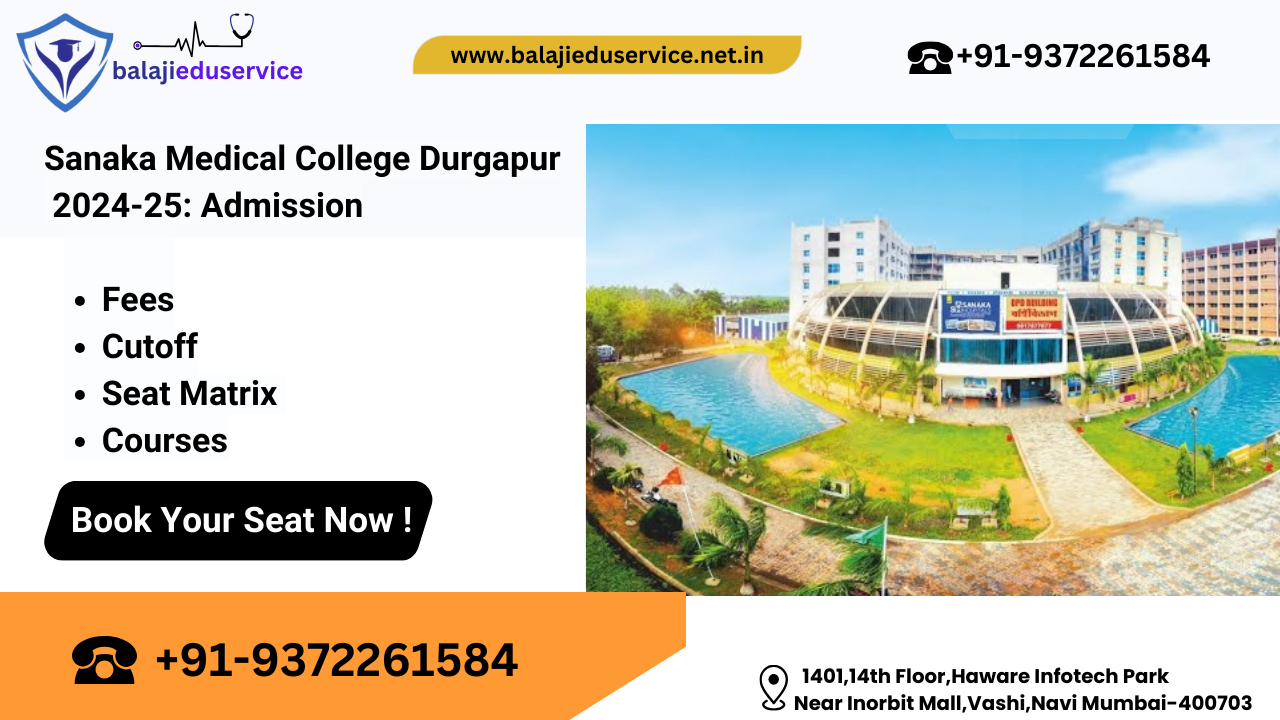
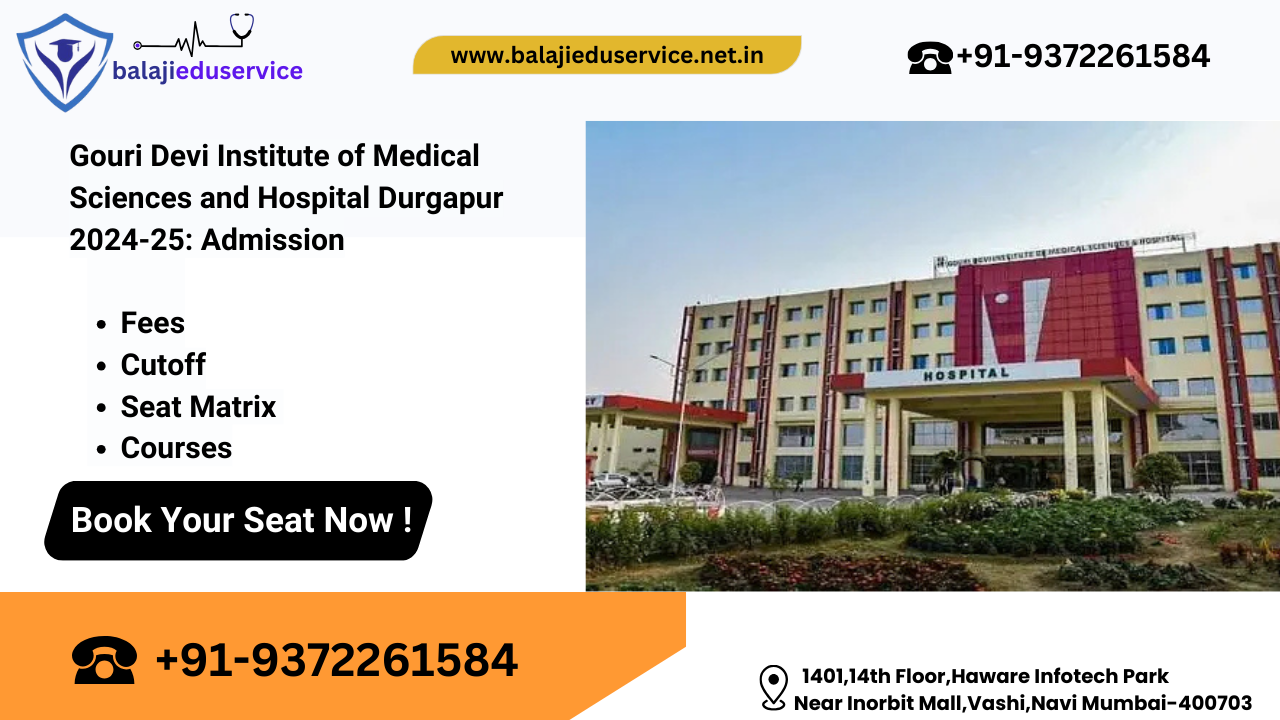
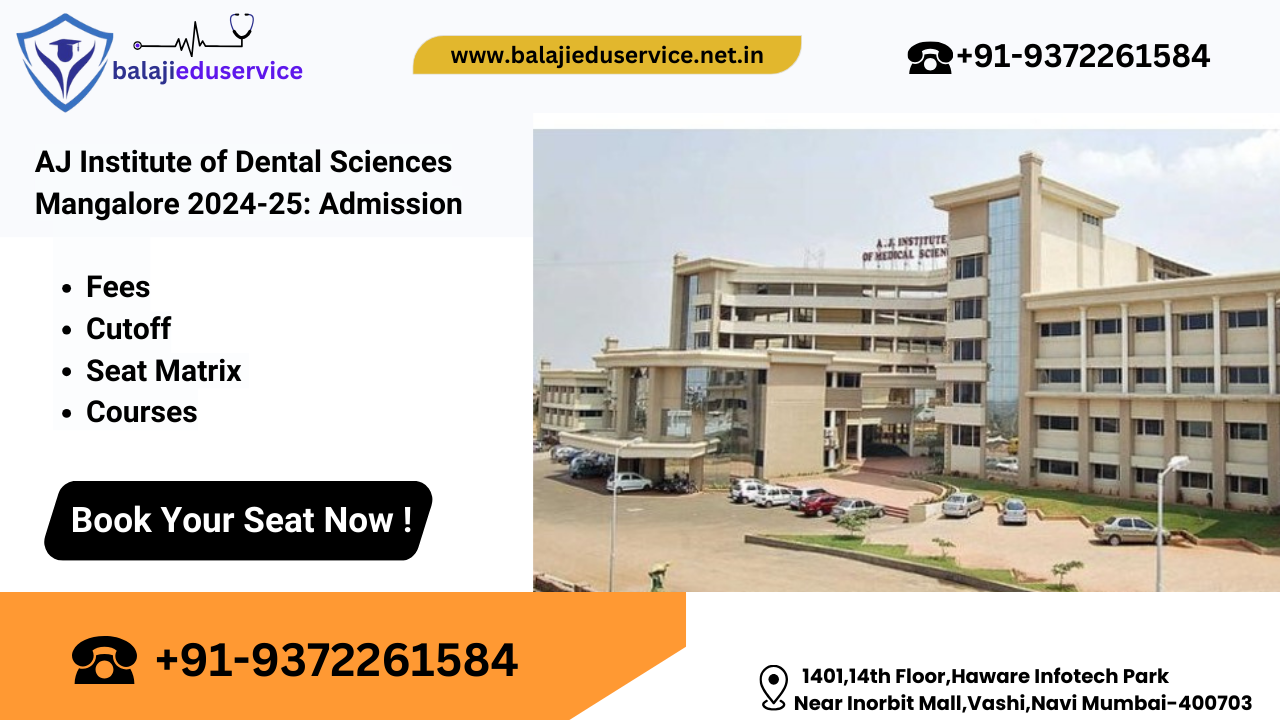
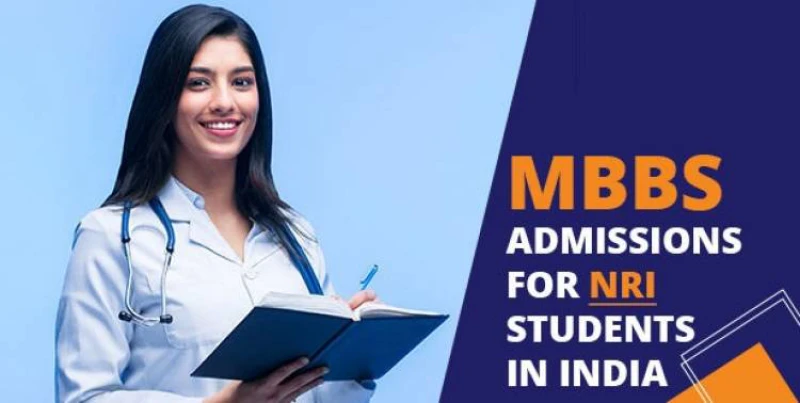
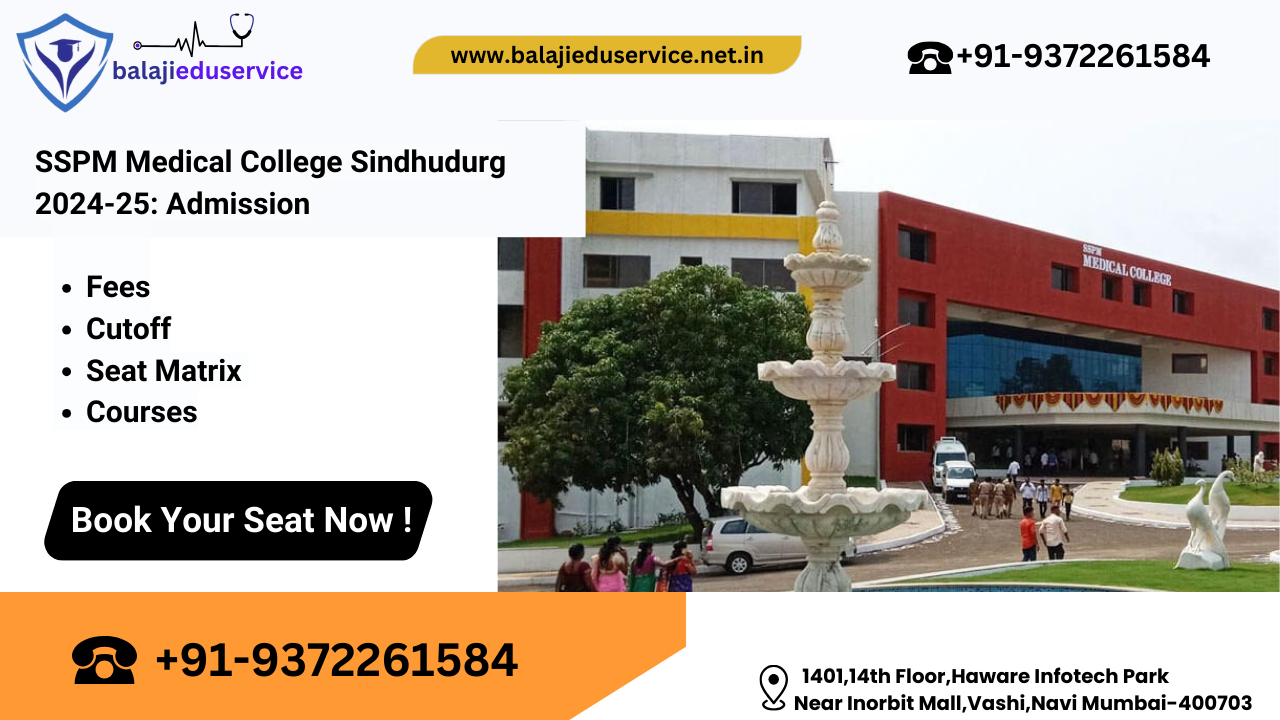
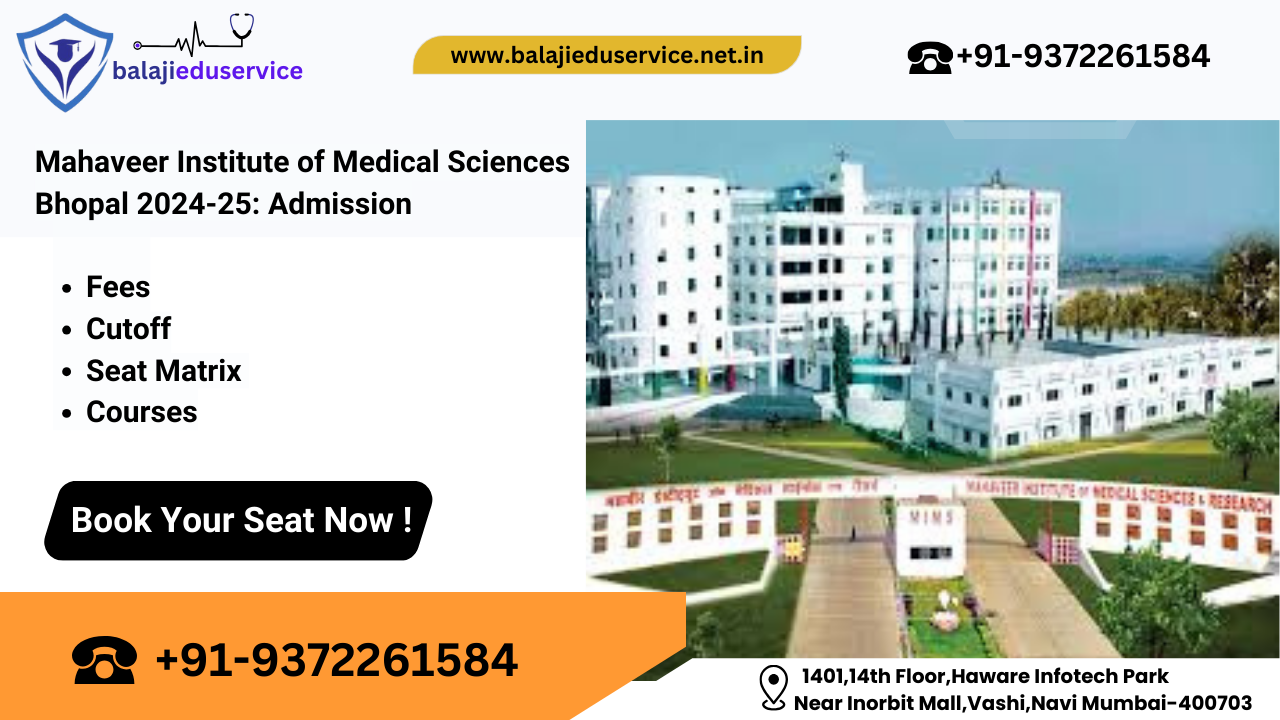
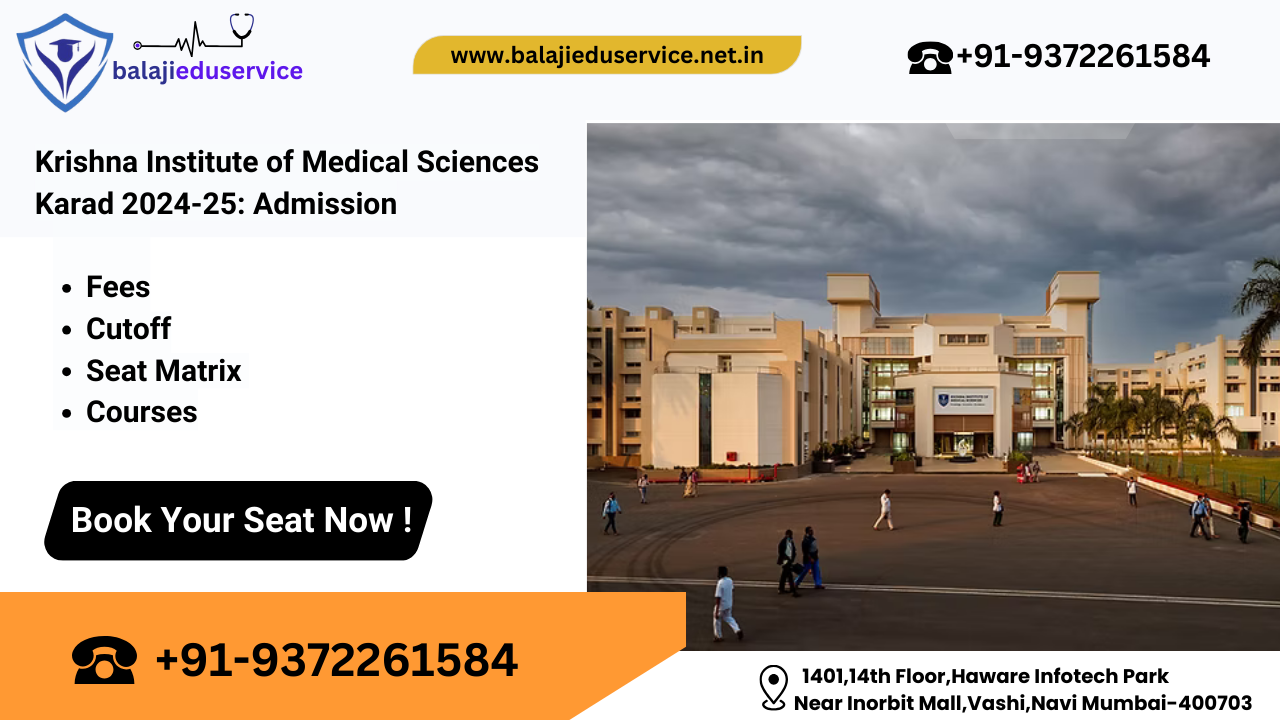
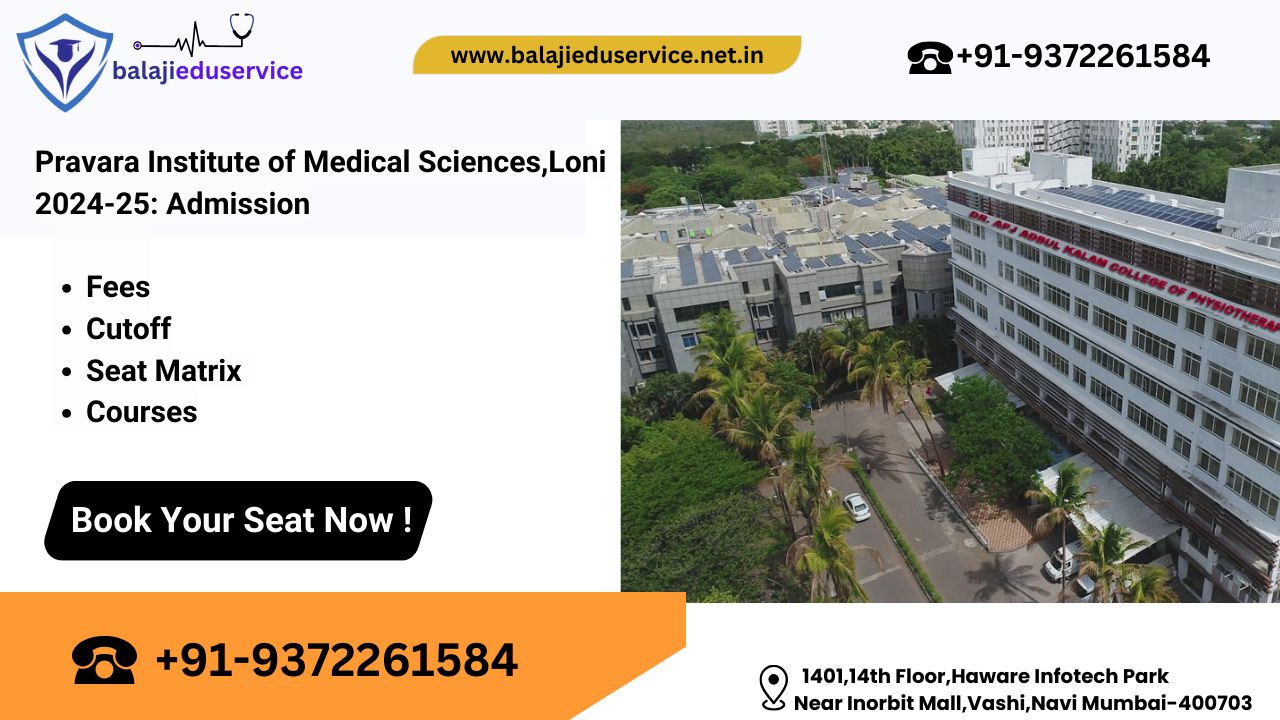
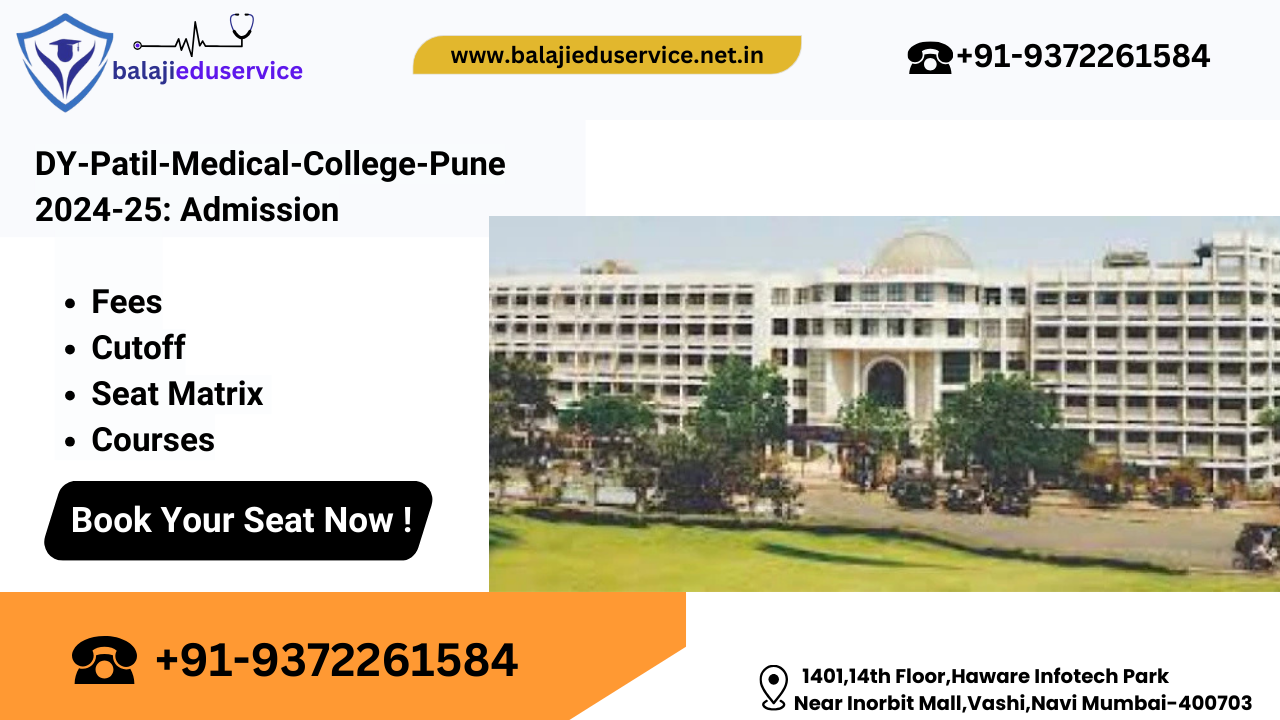
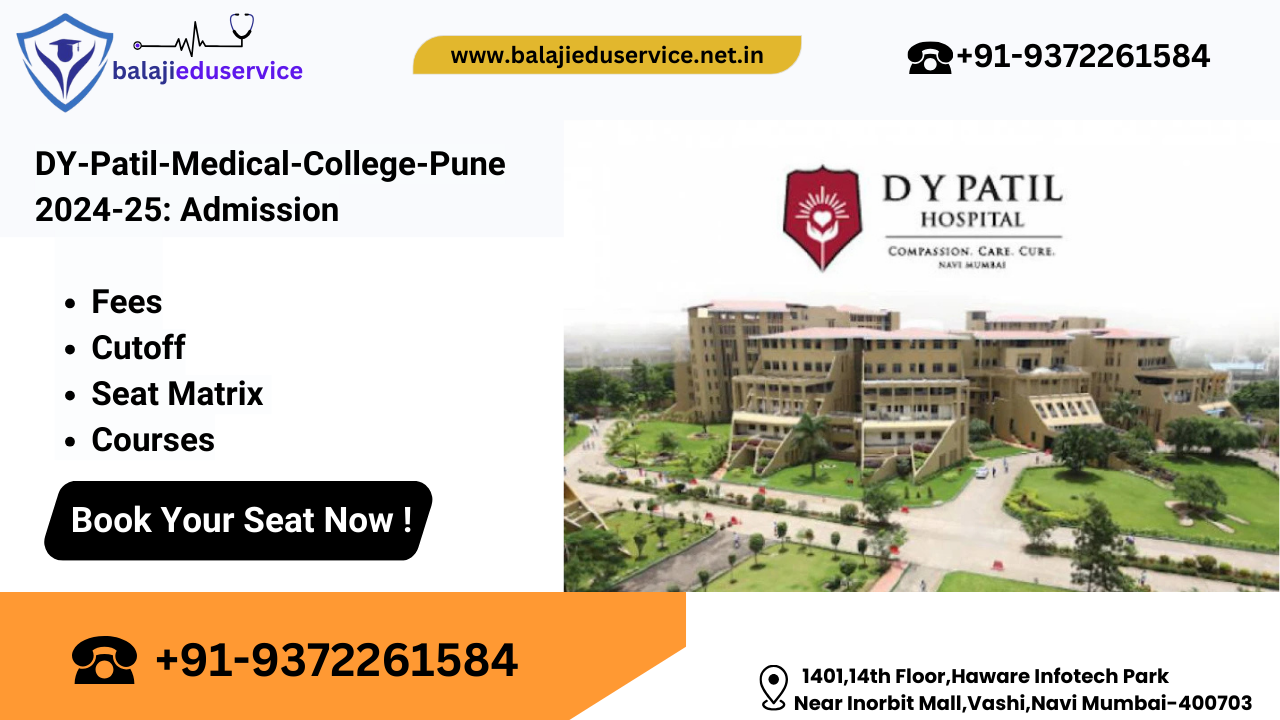
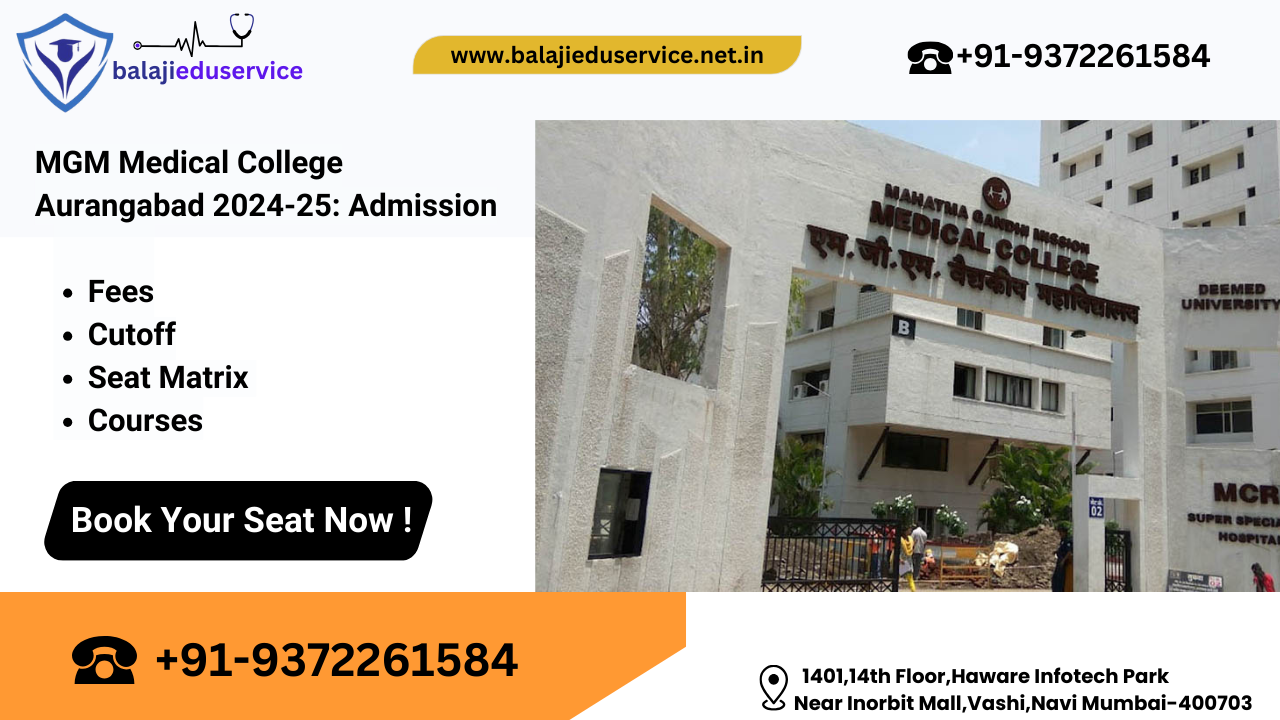
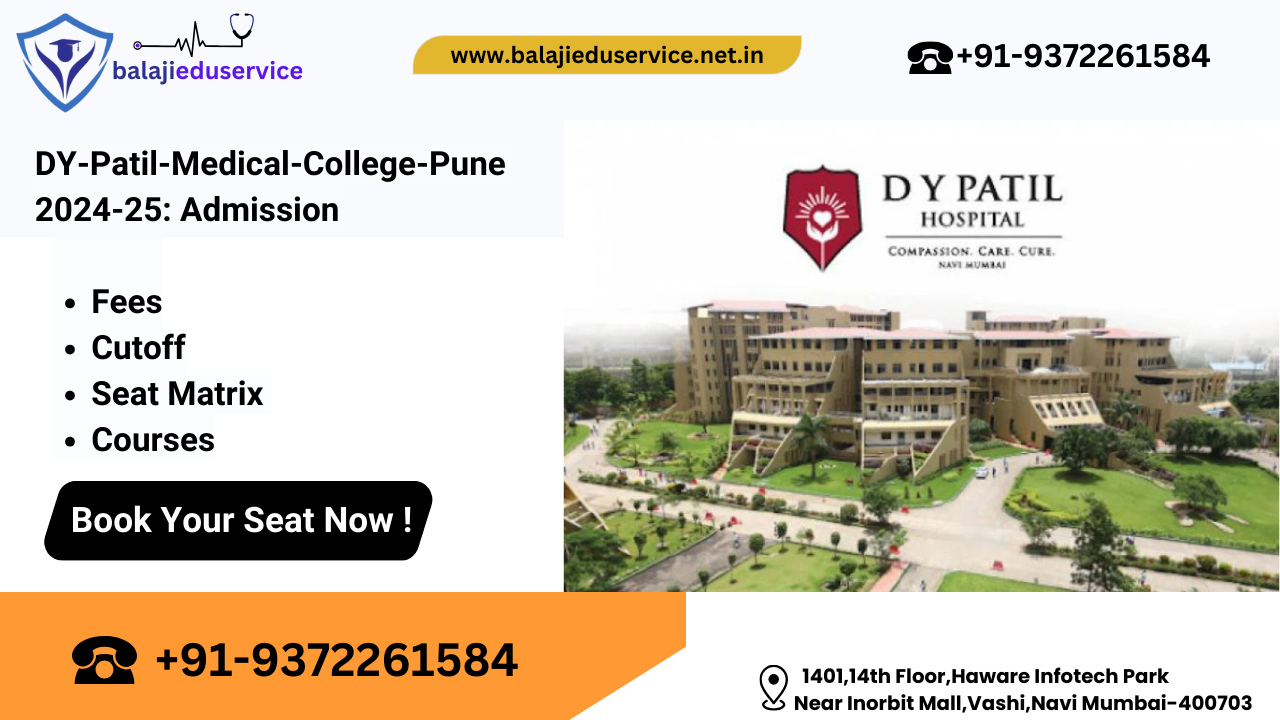






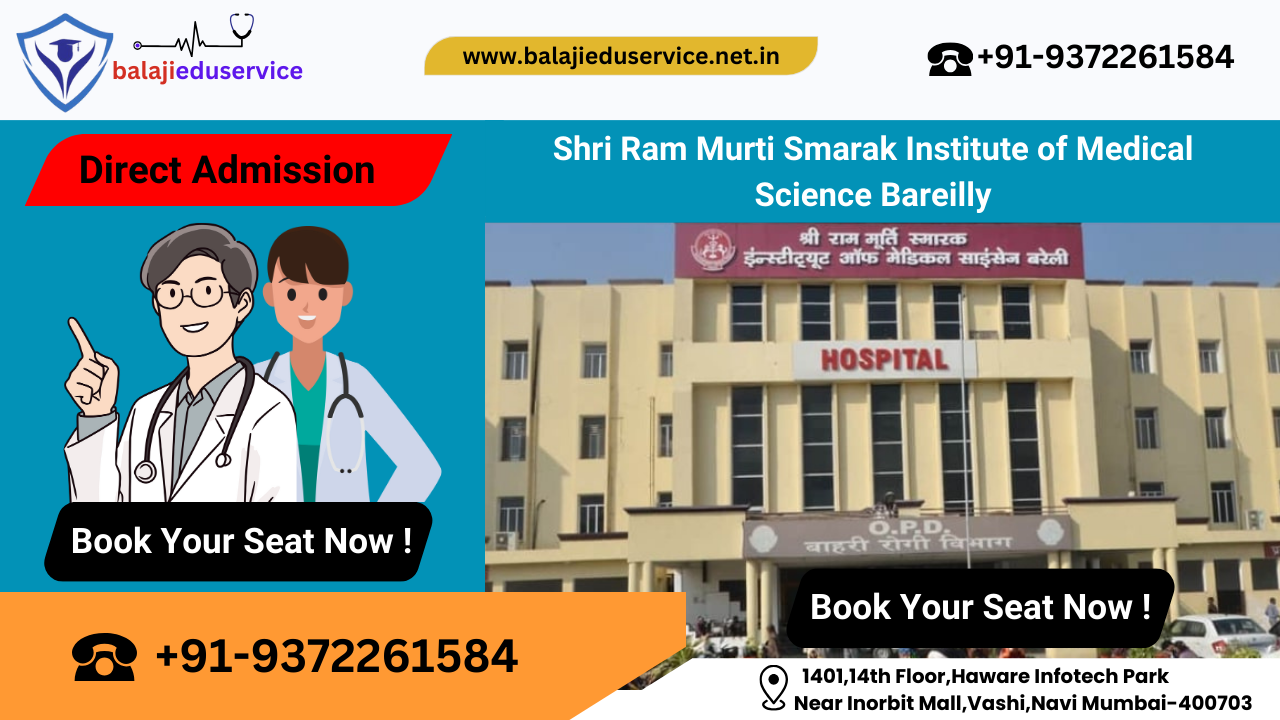


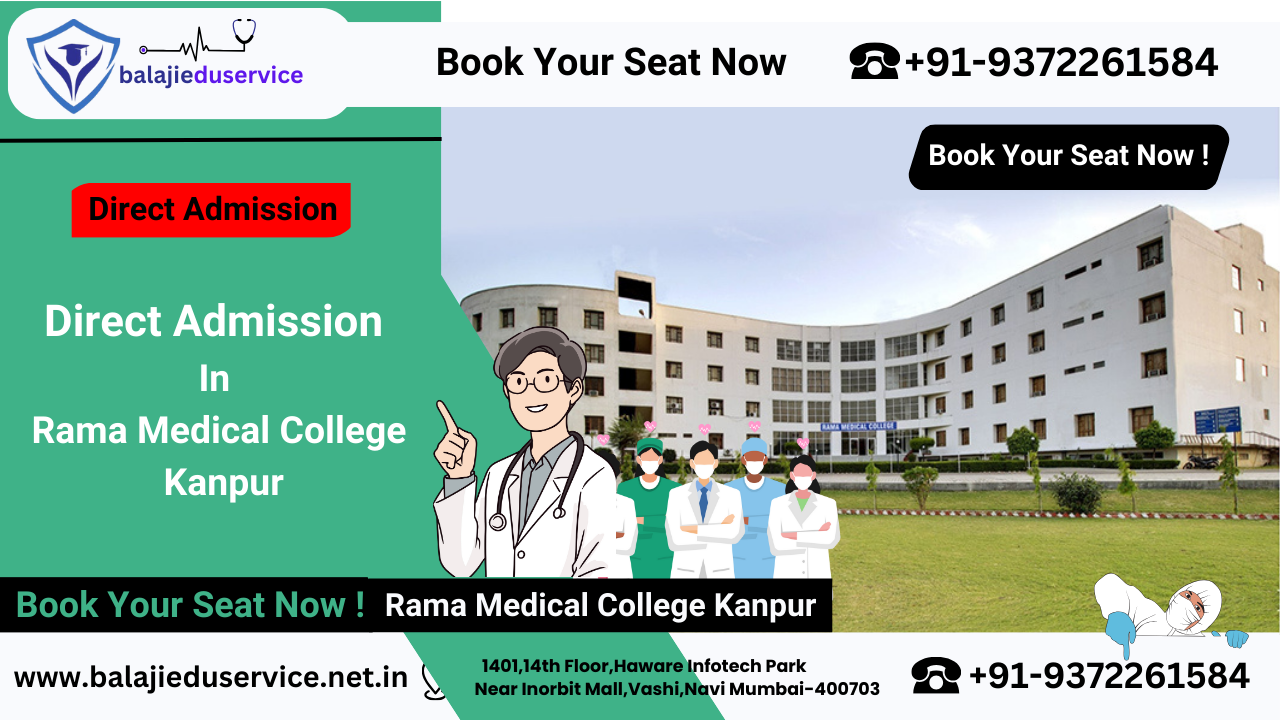
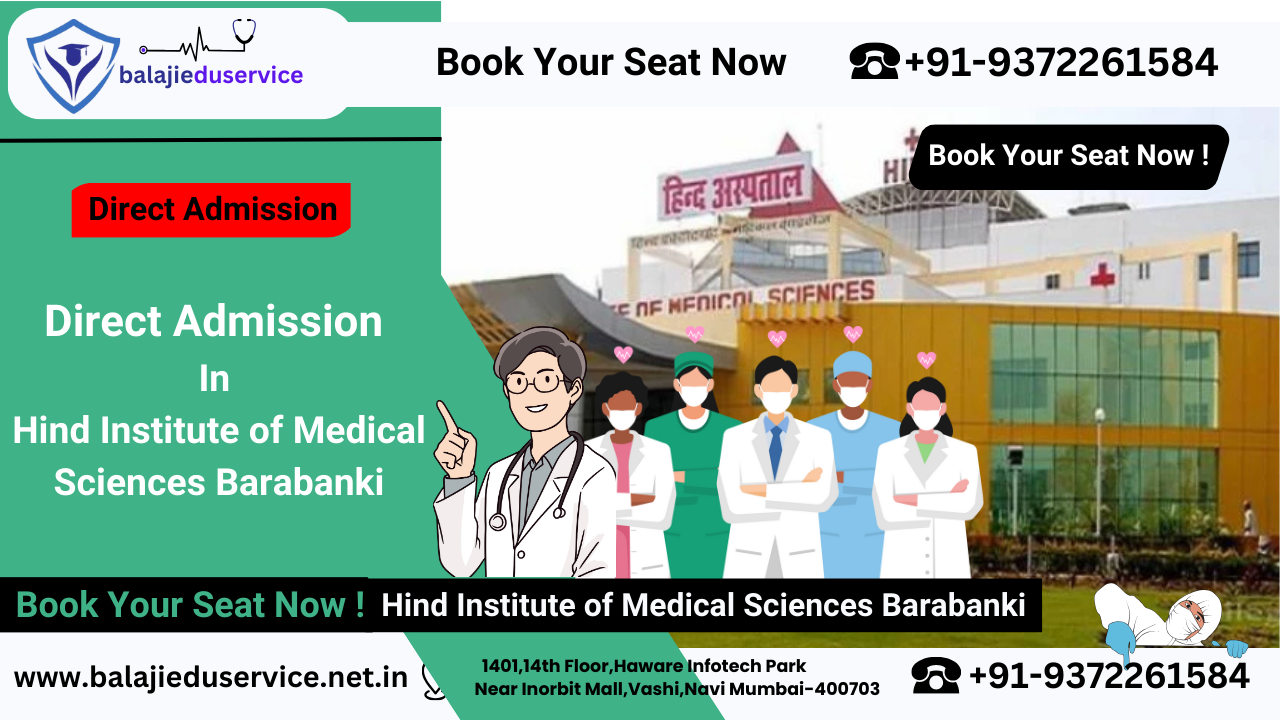
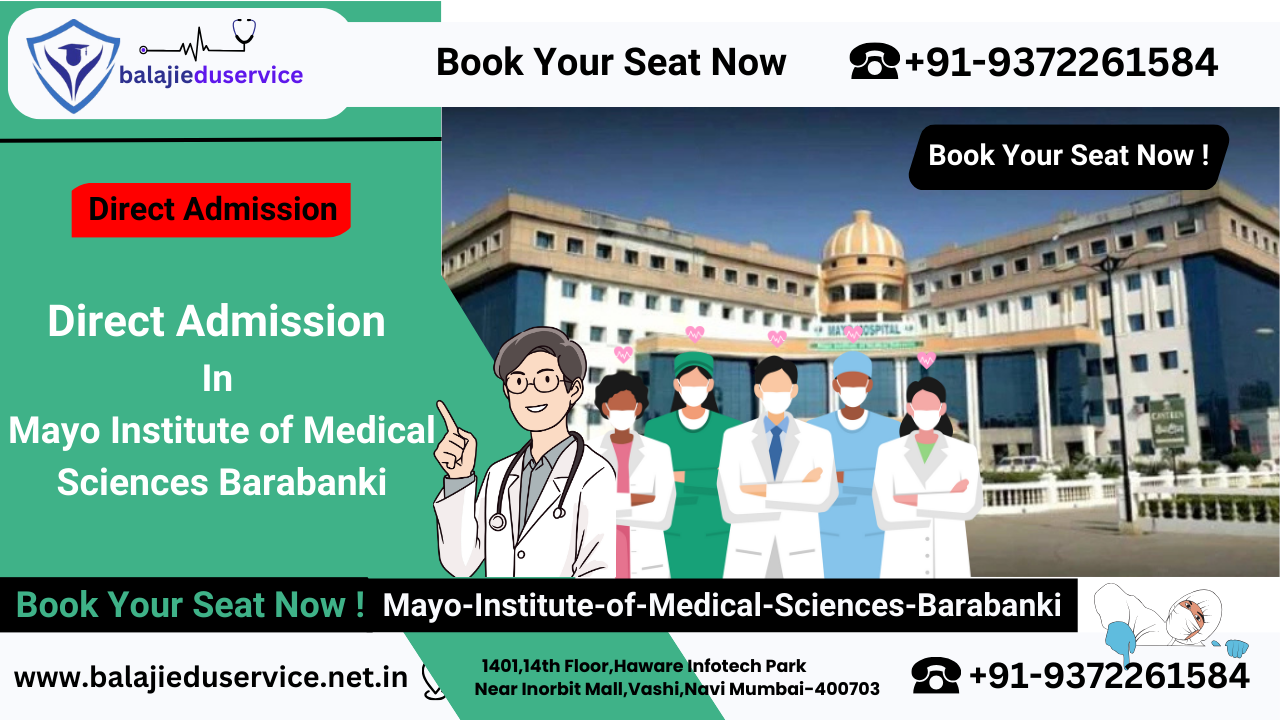
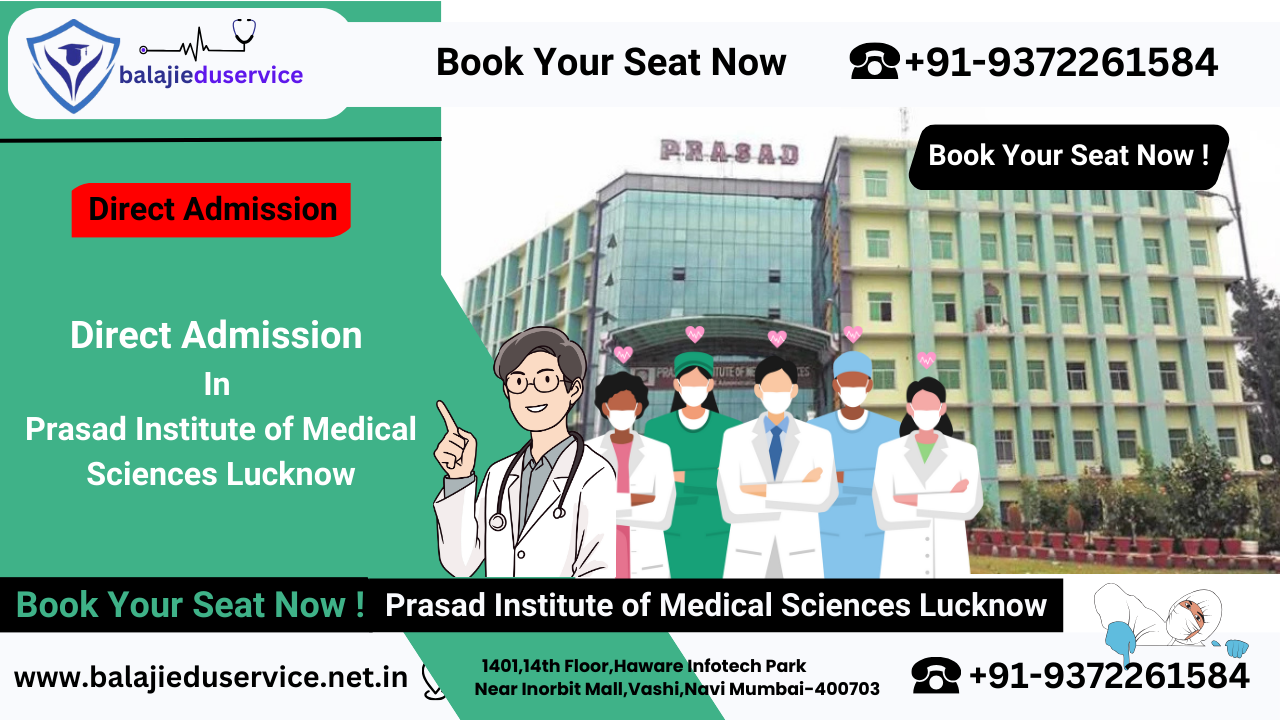

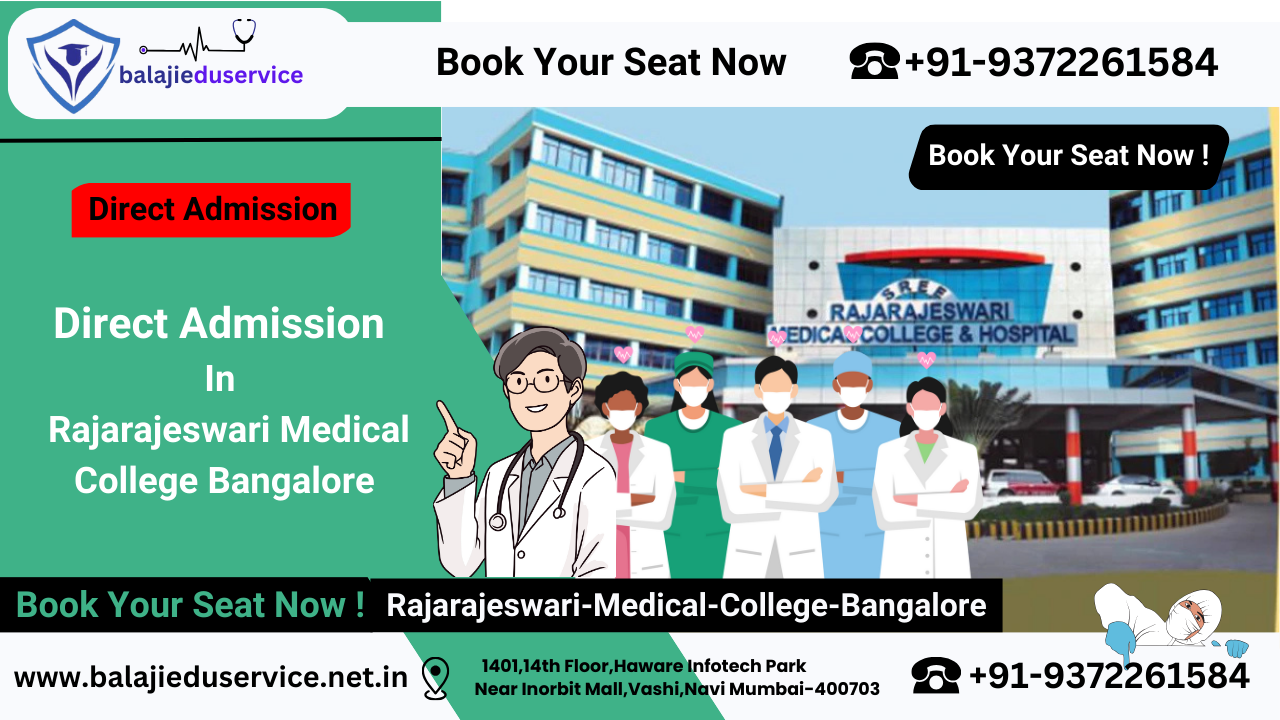

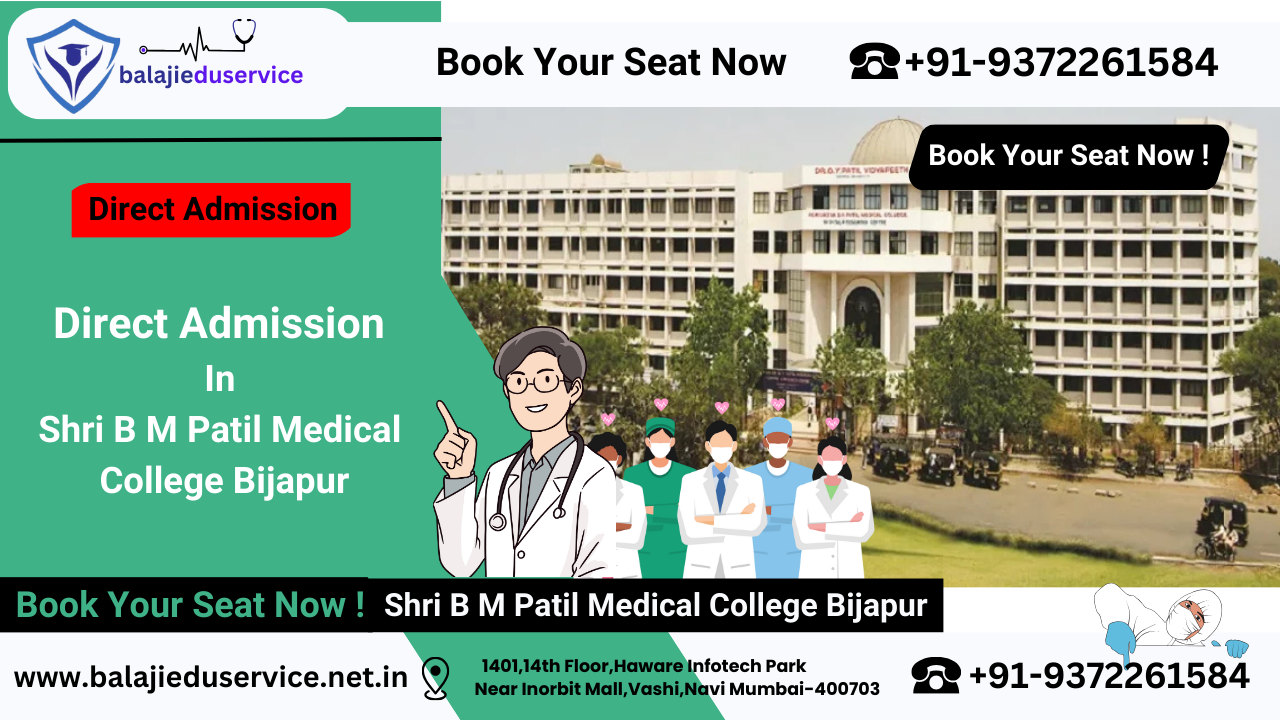


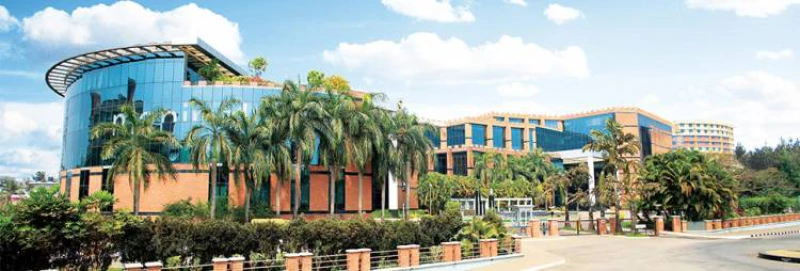
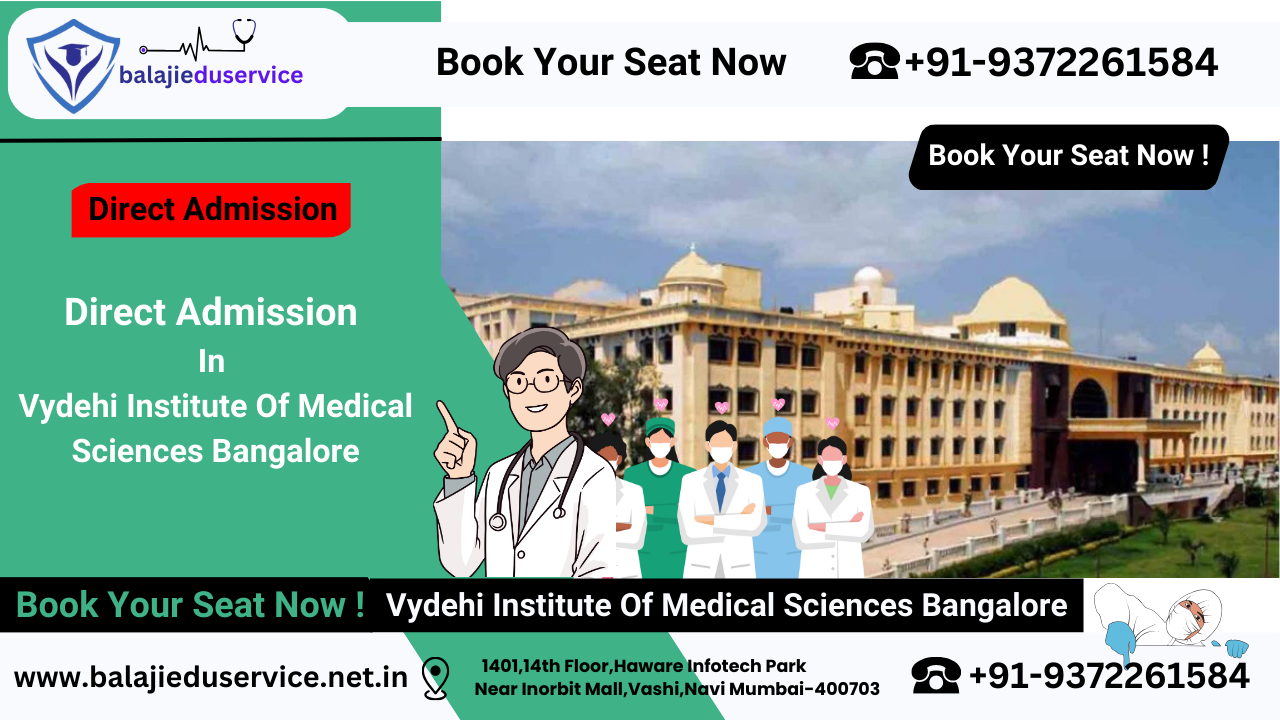

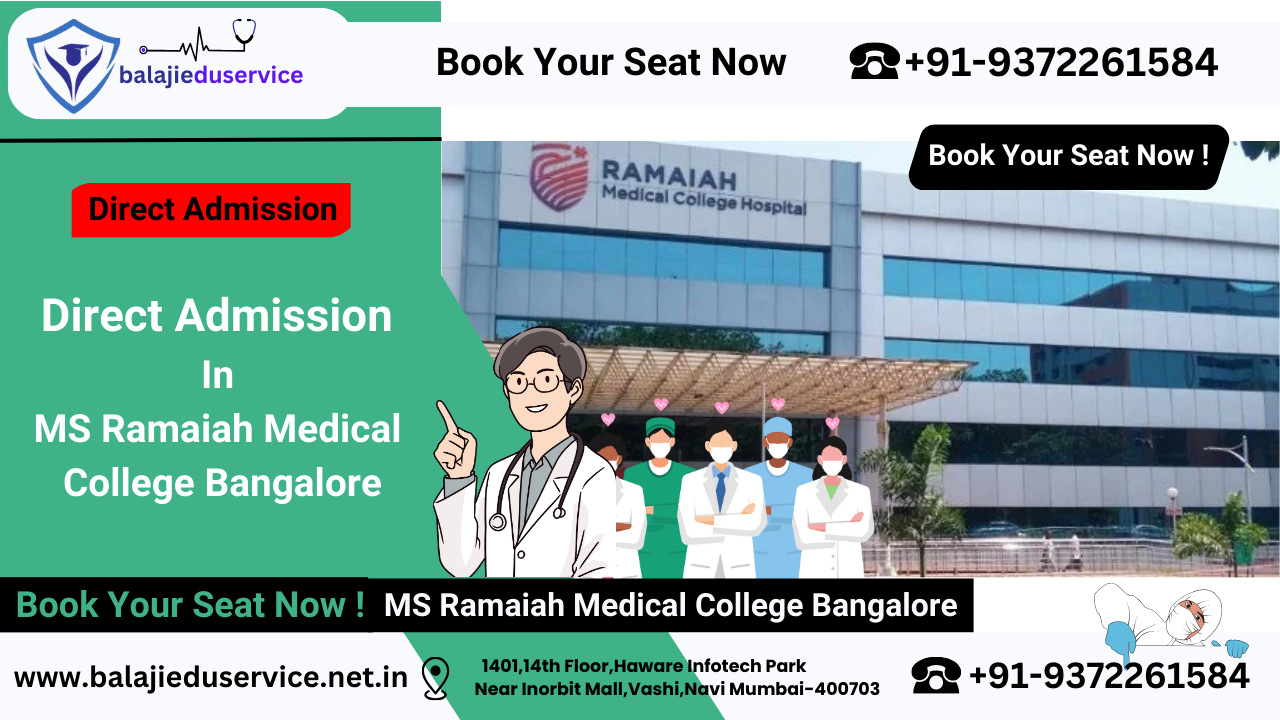
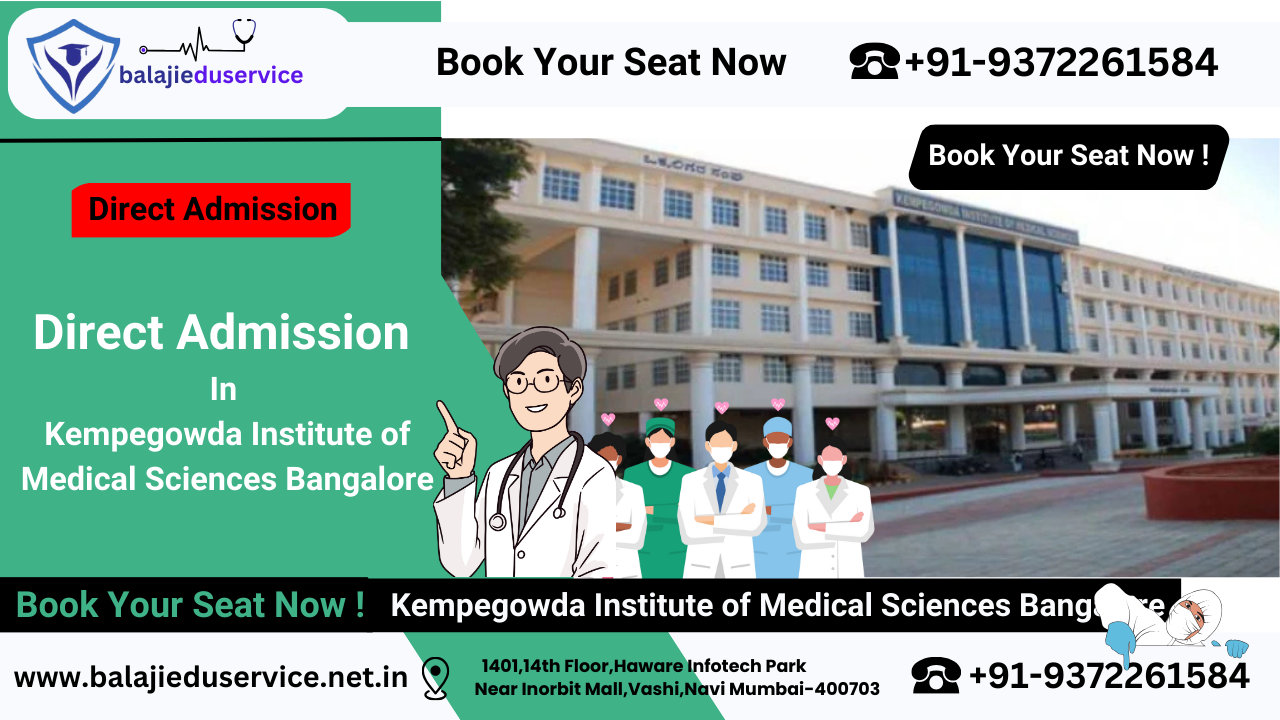
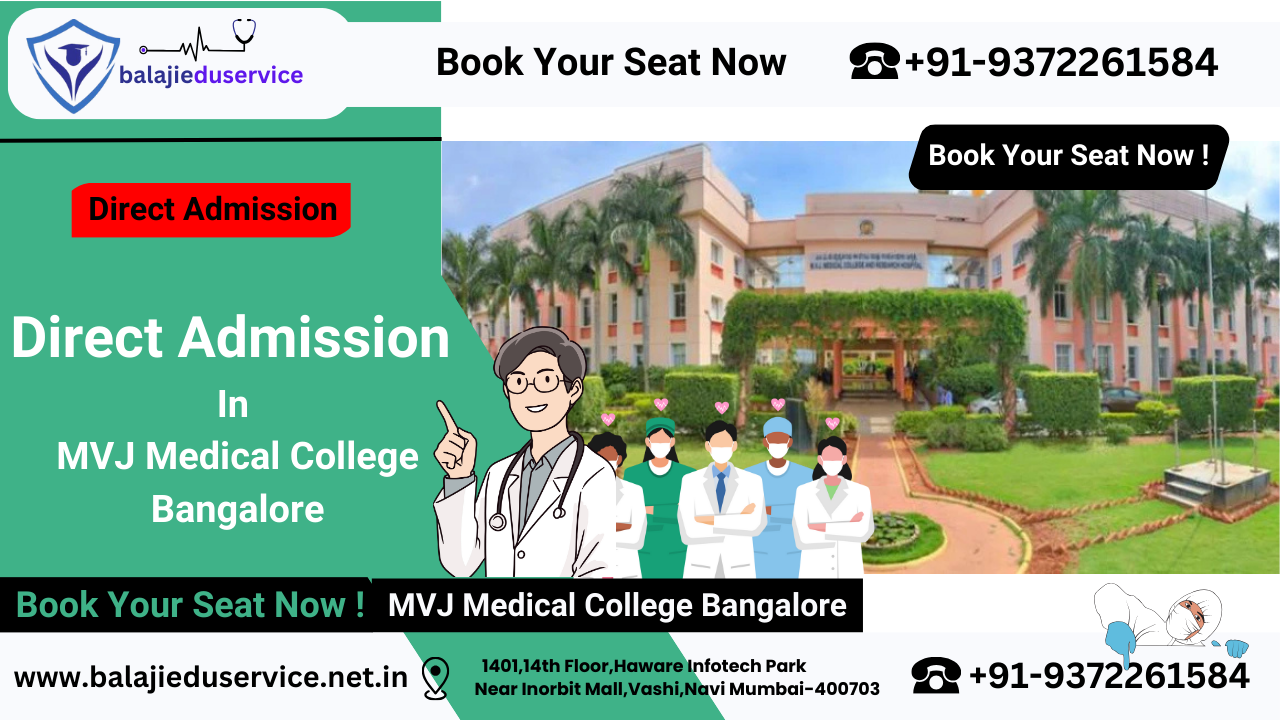


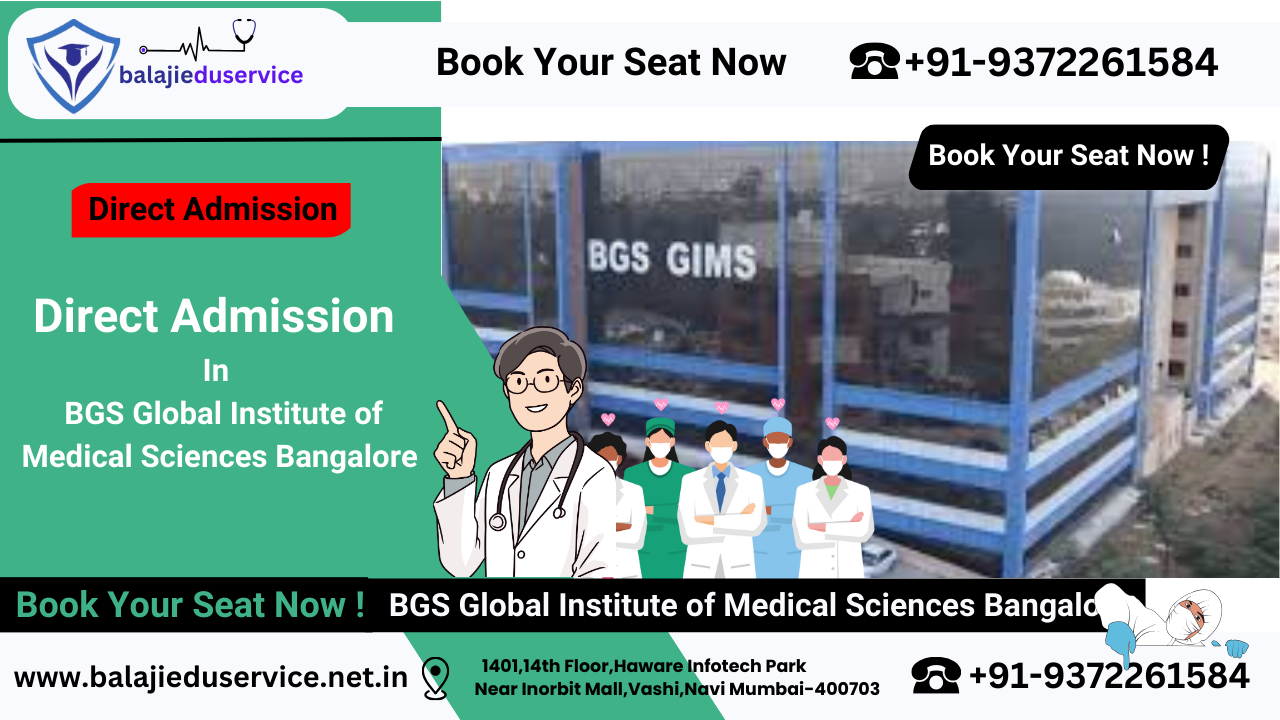
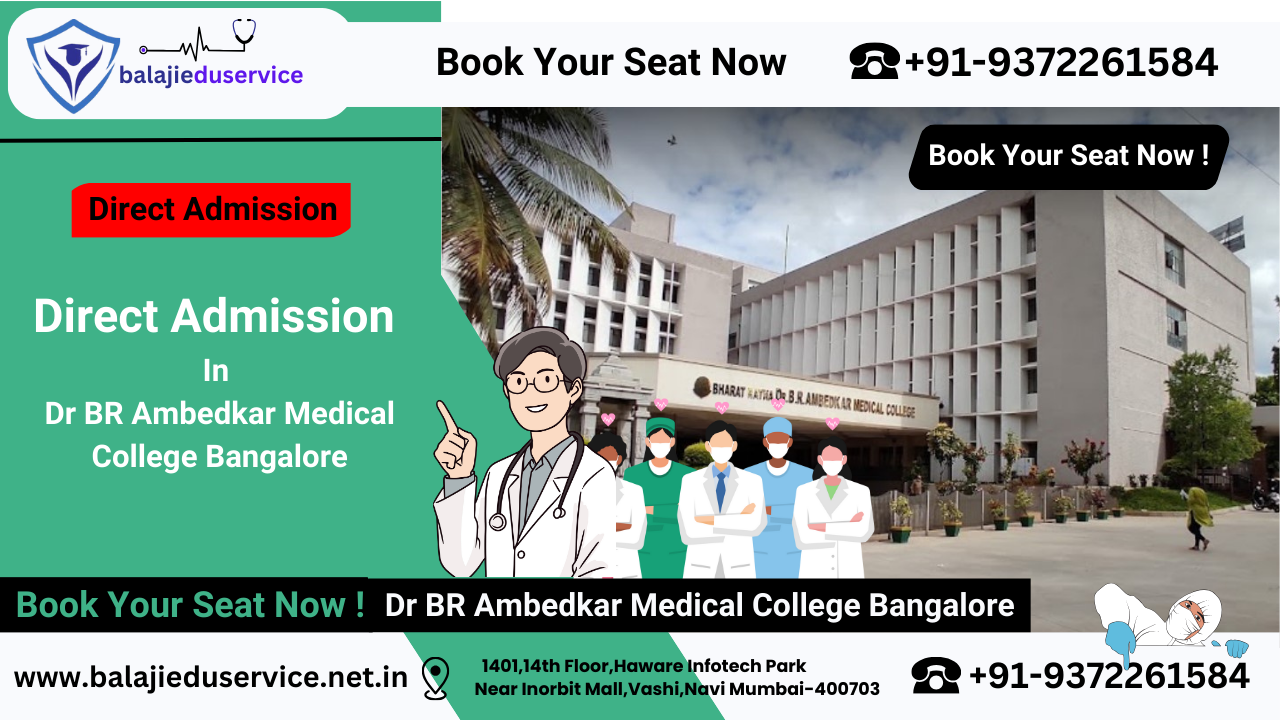















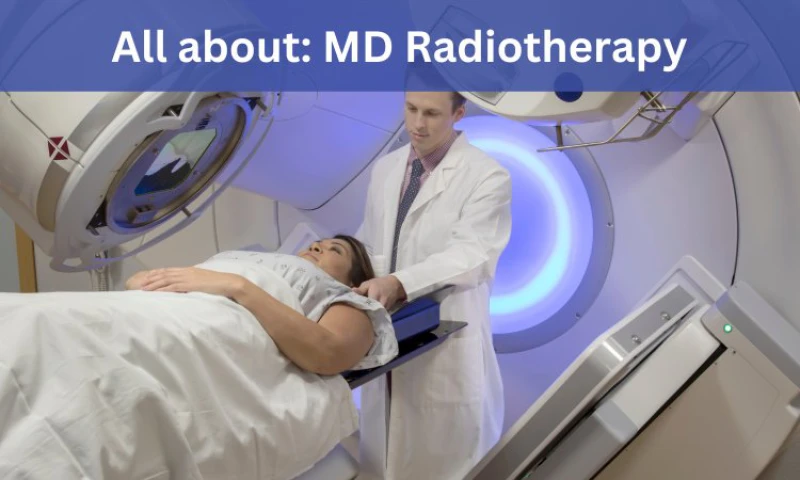

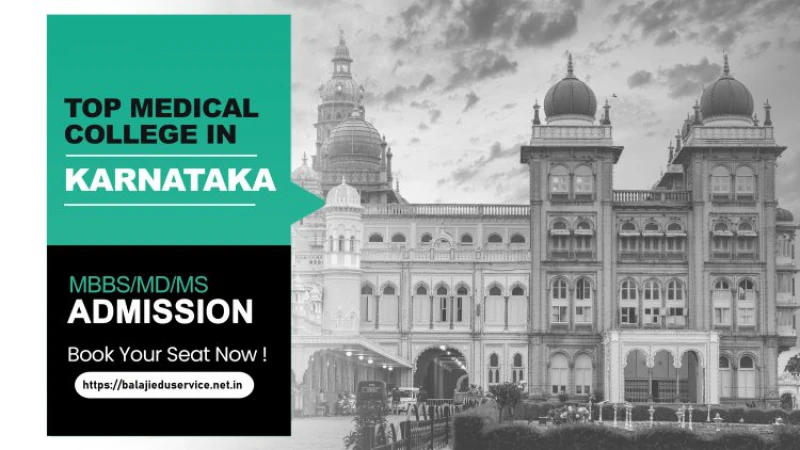
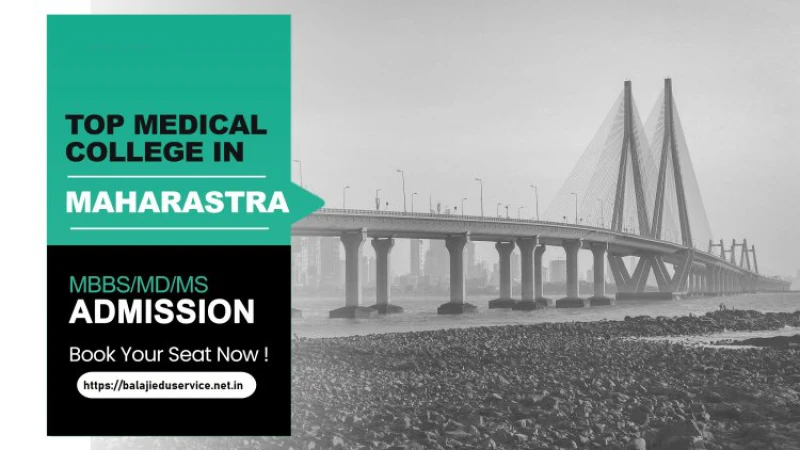
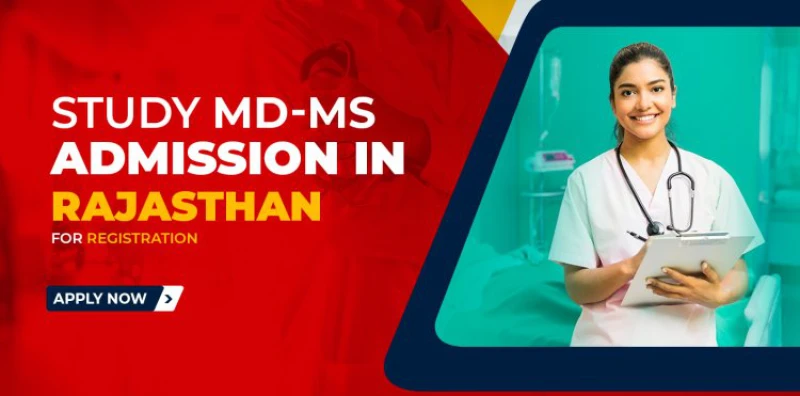
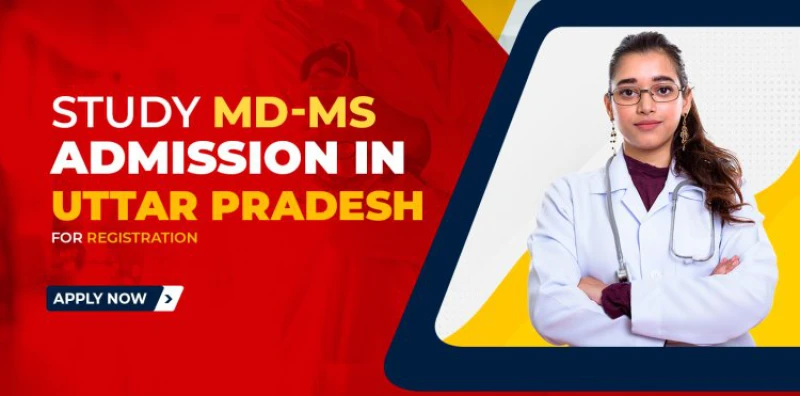



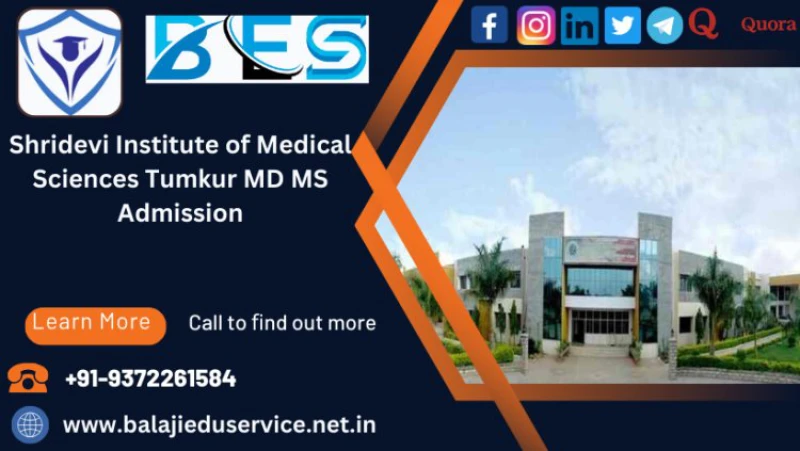
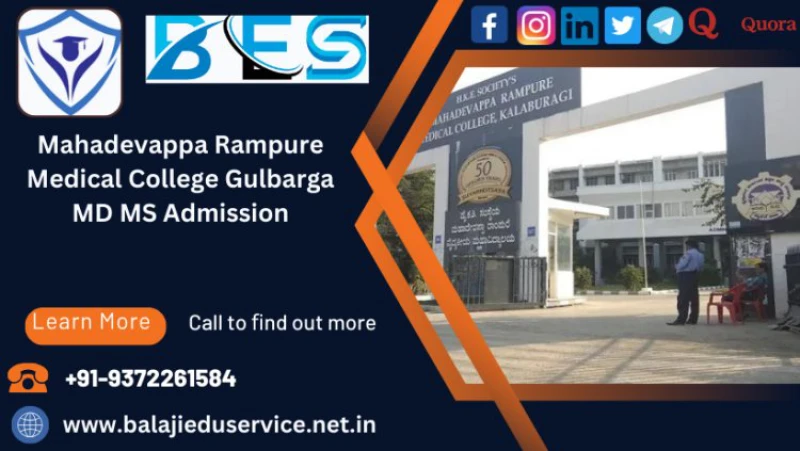
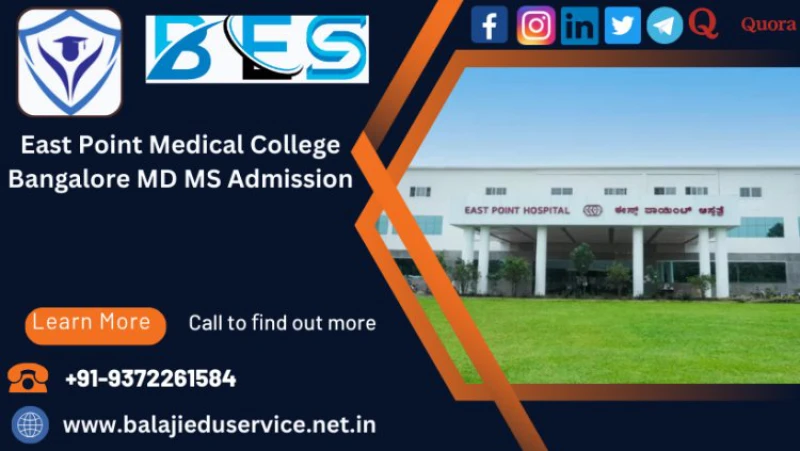
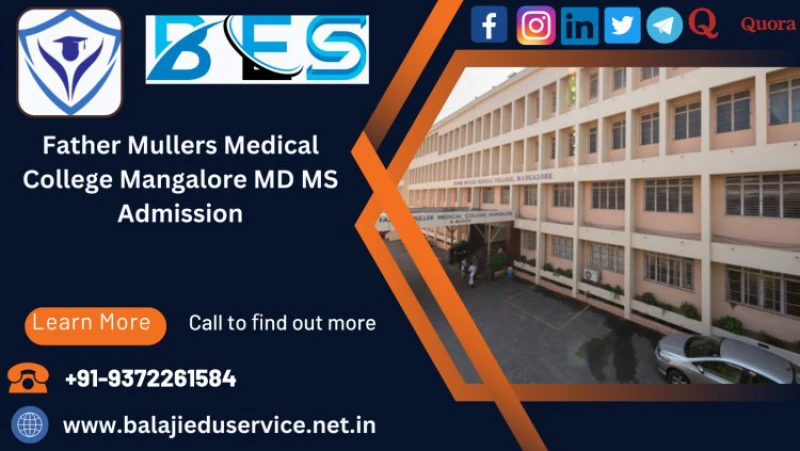
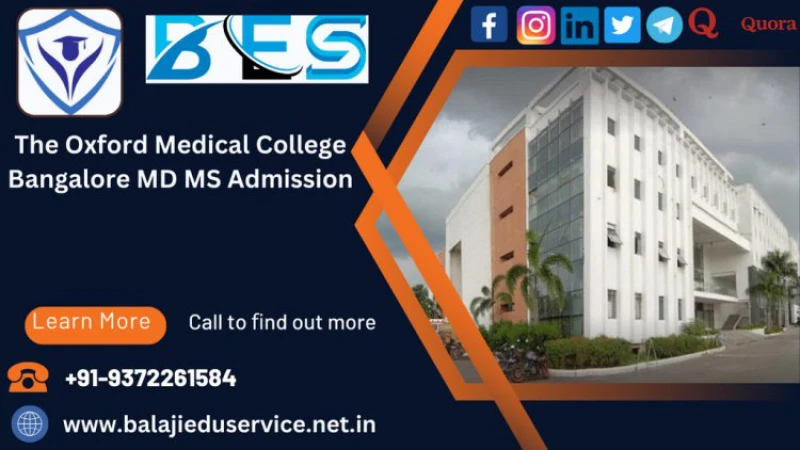
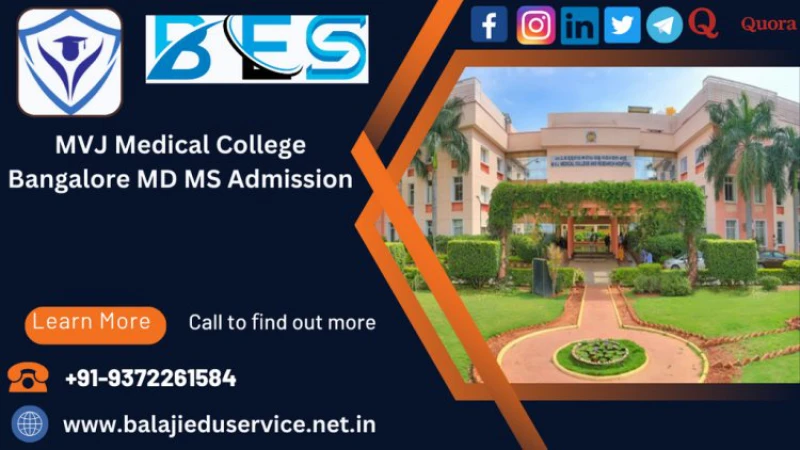
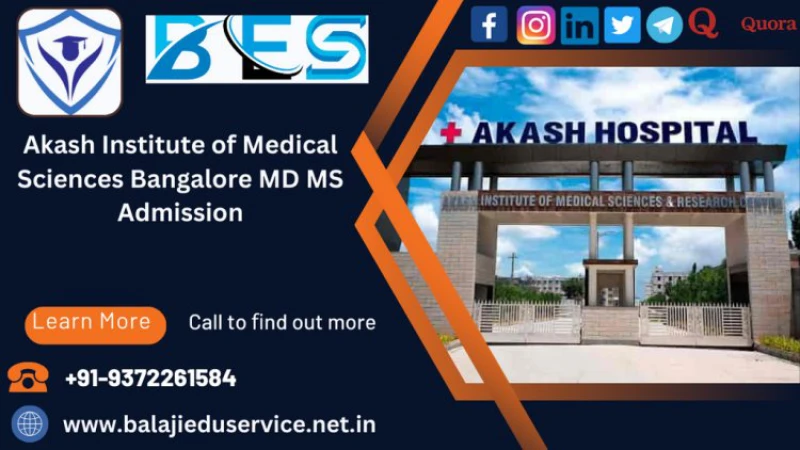
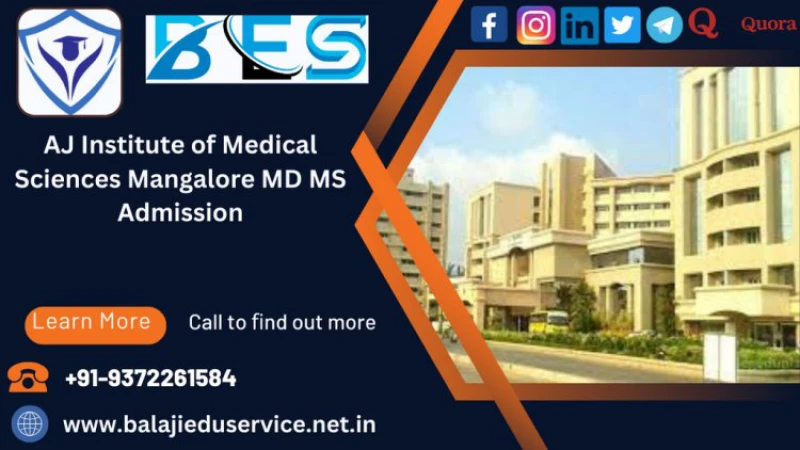
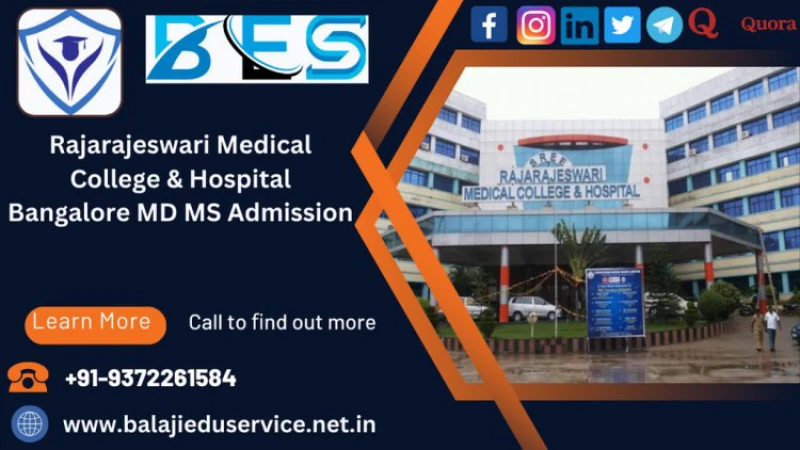
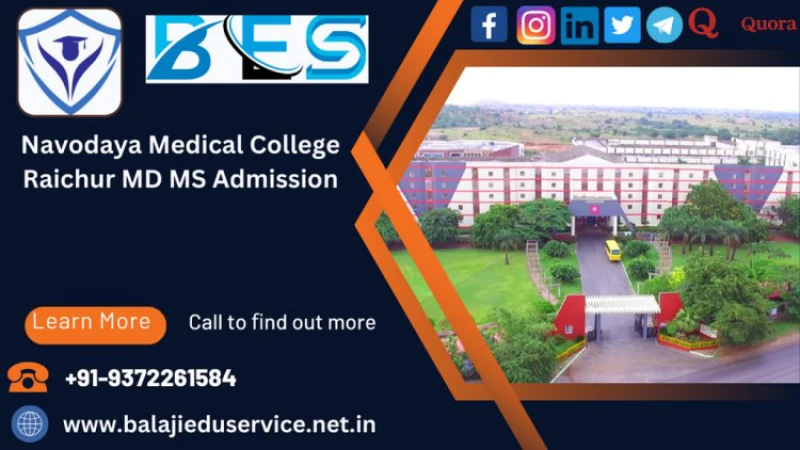
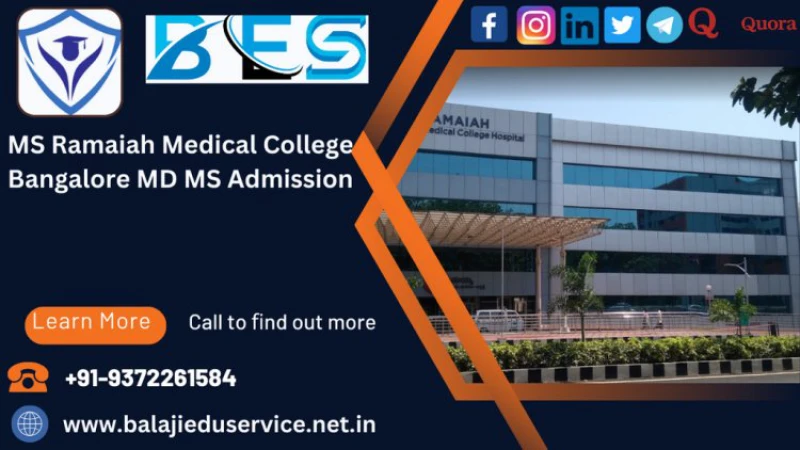
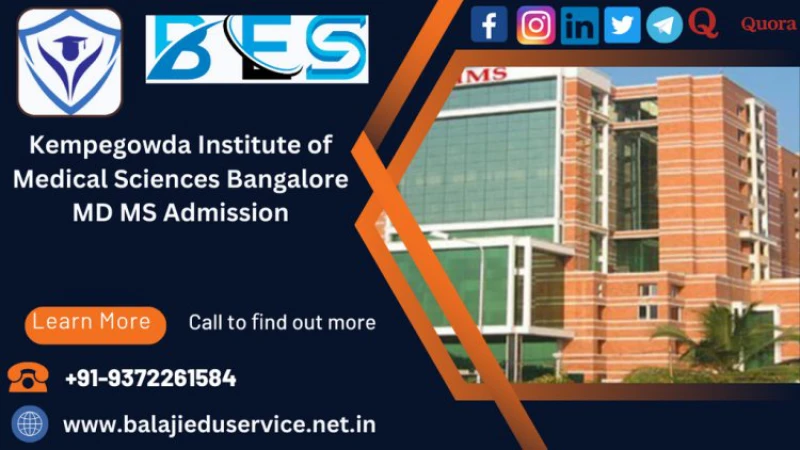
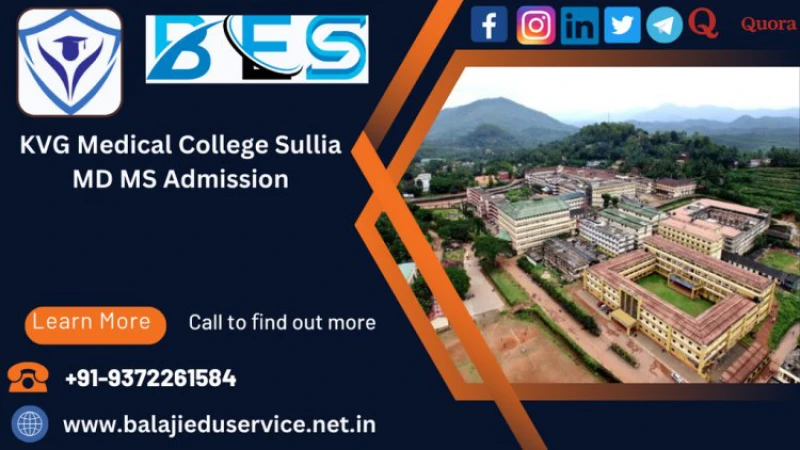
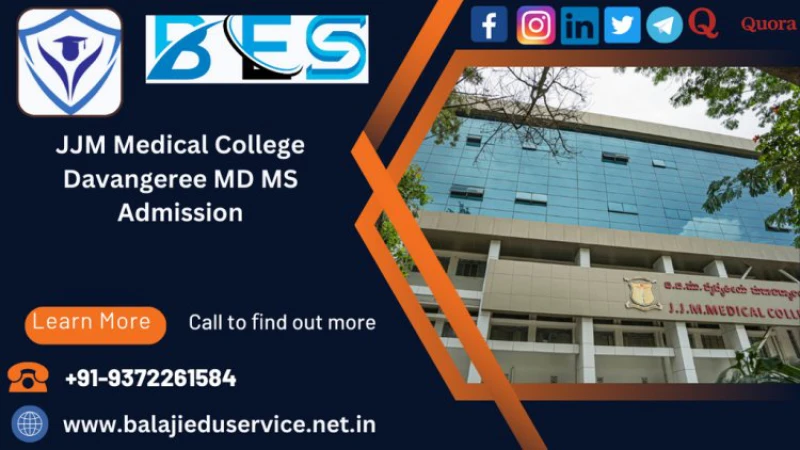
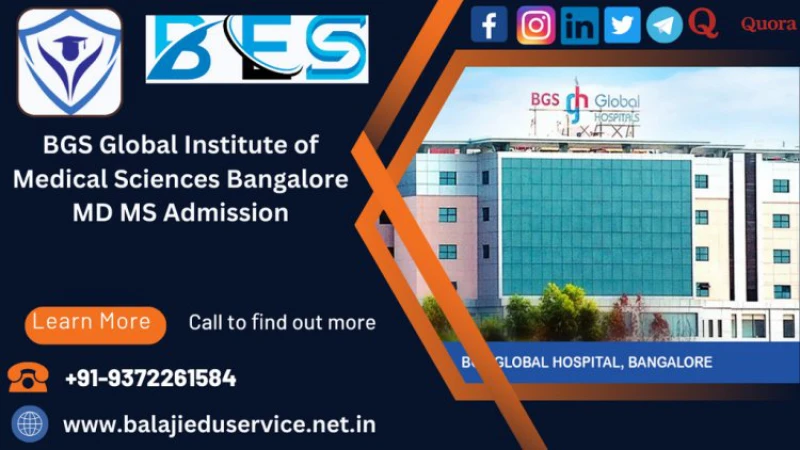
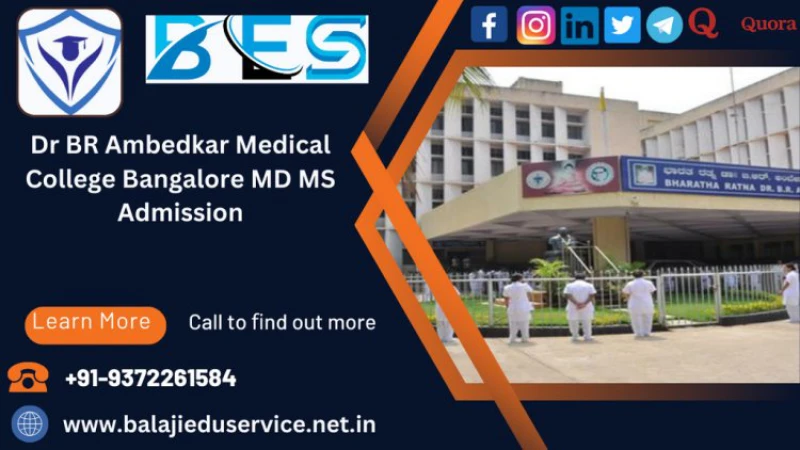
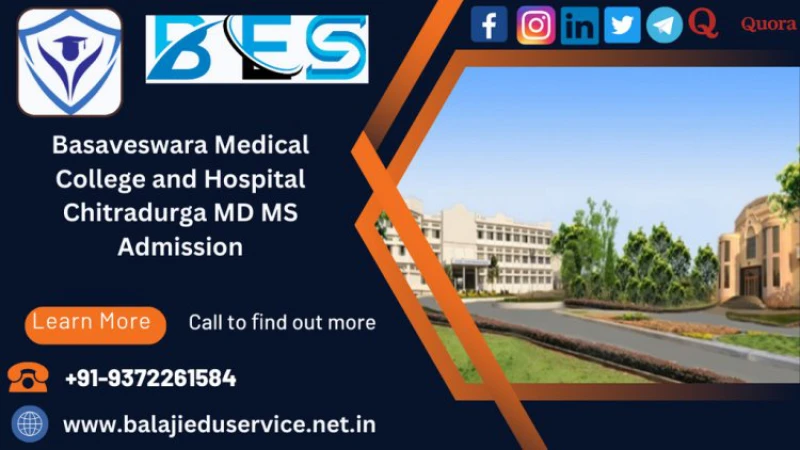
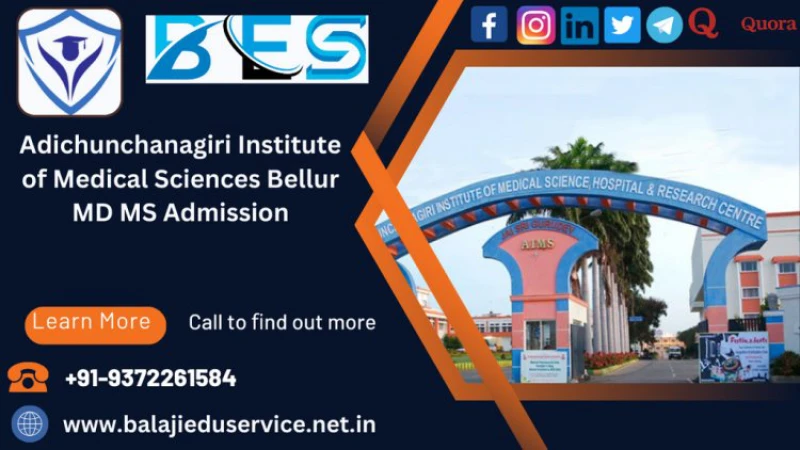
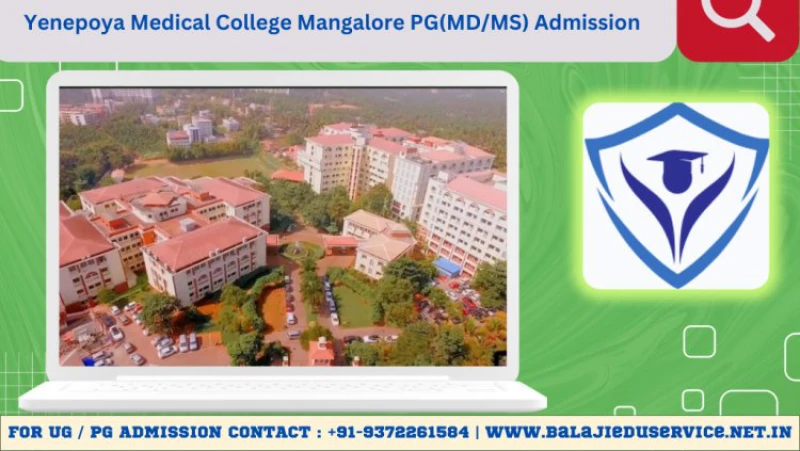
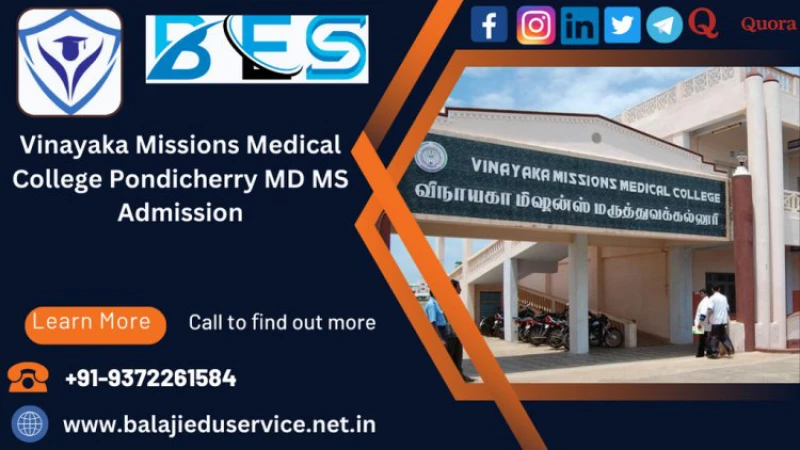
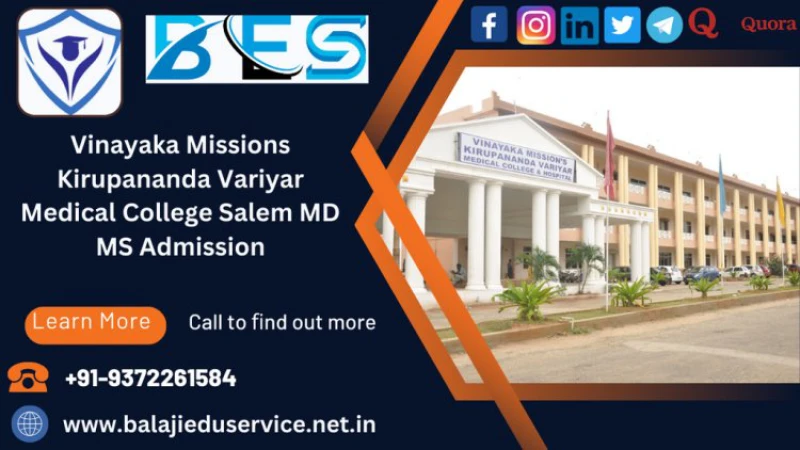
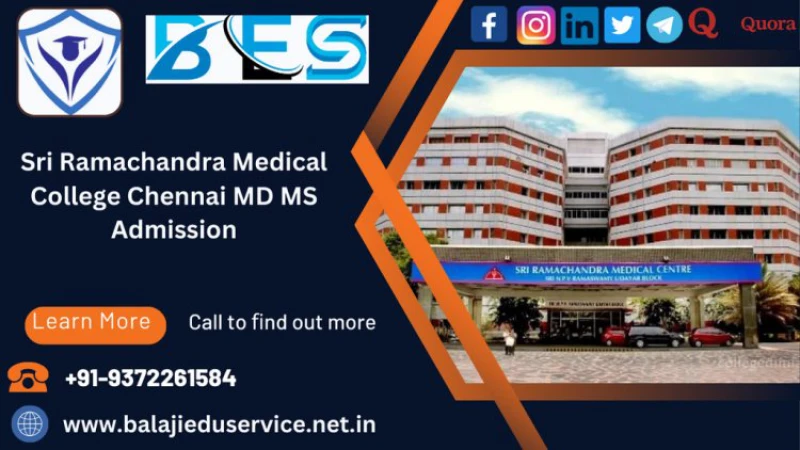
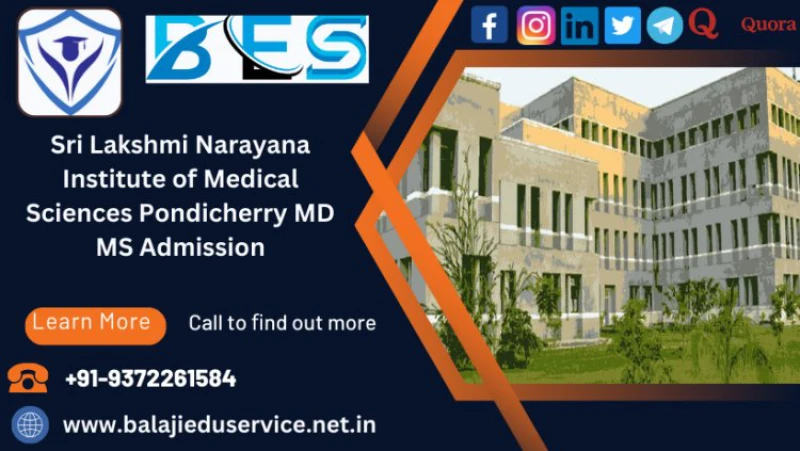
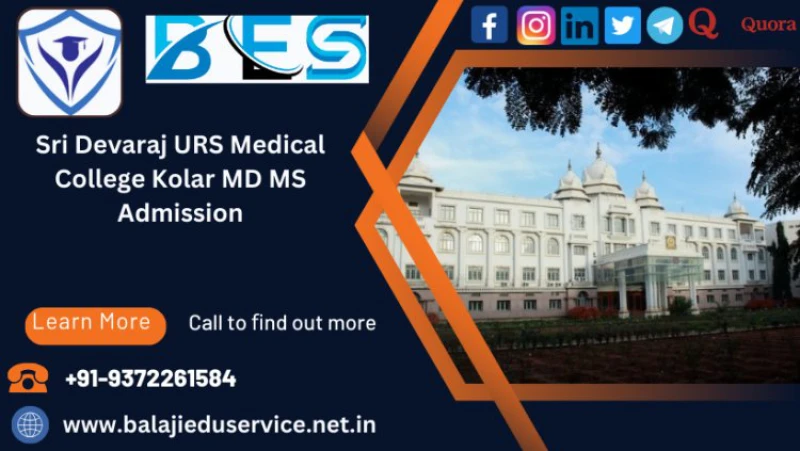
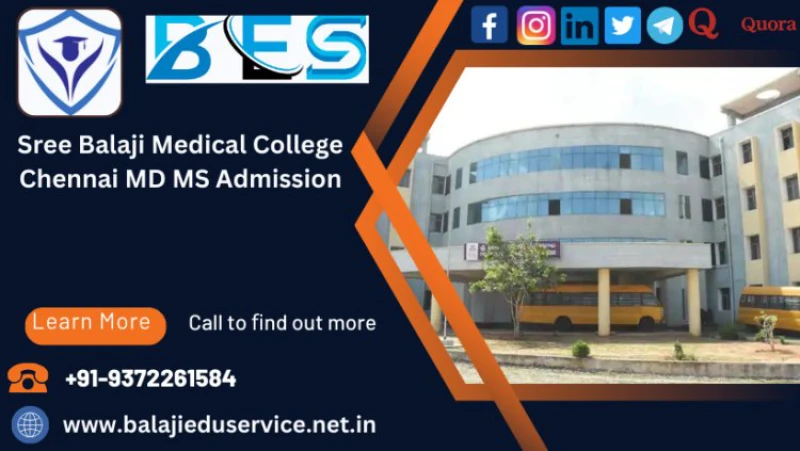
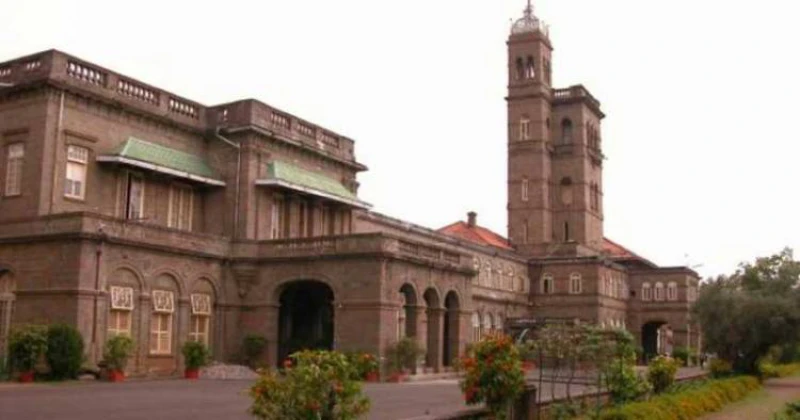
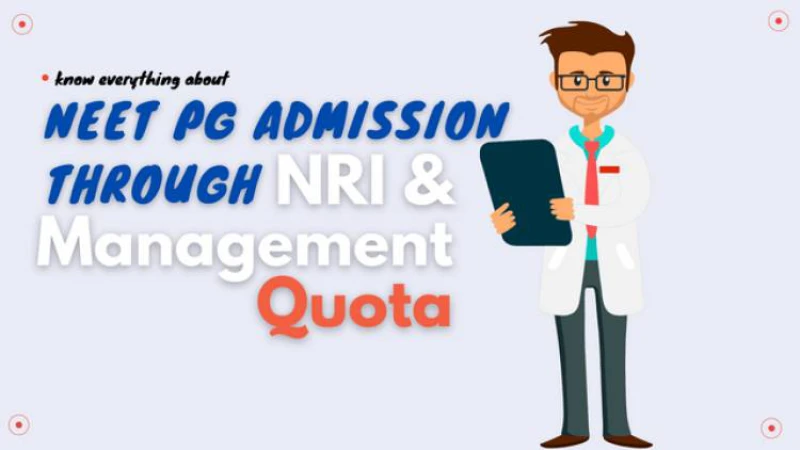

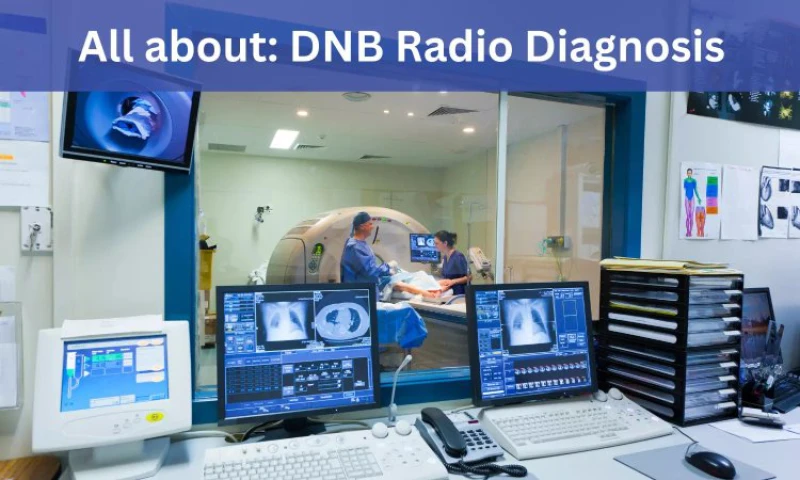

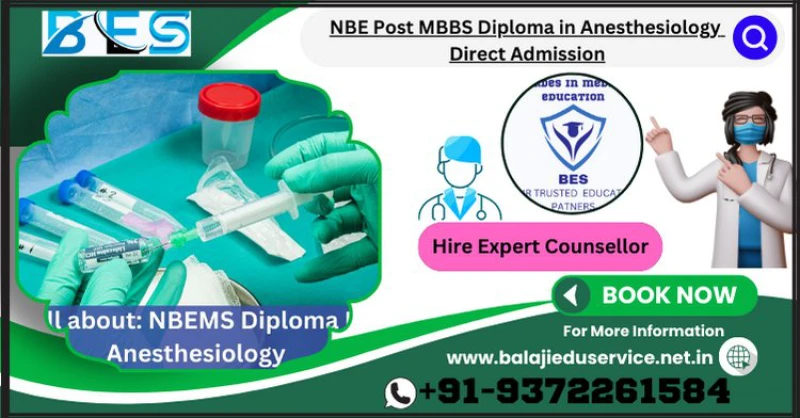

.png)
.png)
.png)
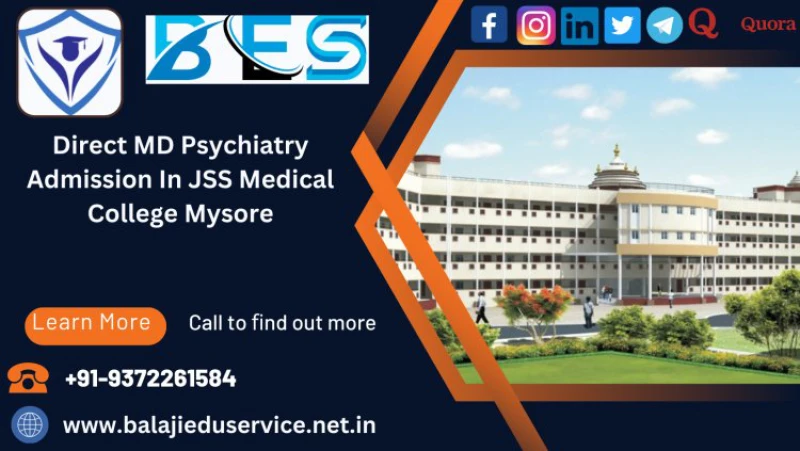
.png)
.png)
.png)
.png)
.png)
.png)
.png)
.png)
.png)
.png)
.png)
.png)
.png)
.png)
.png)
.png)
.png)
.png)
.png)
.png)
.png)


